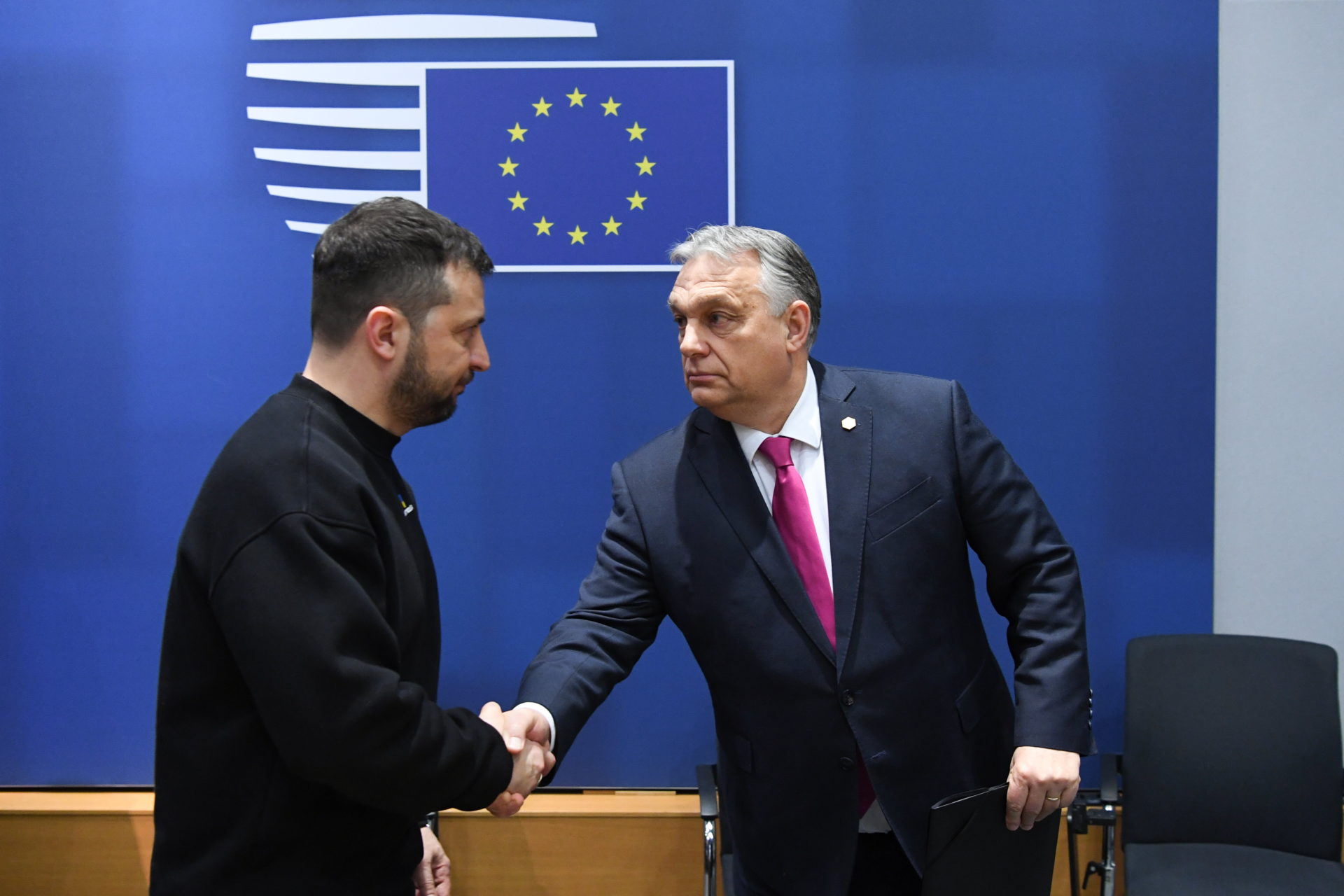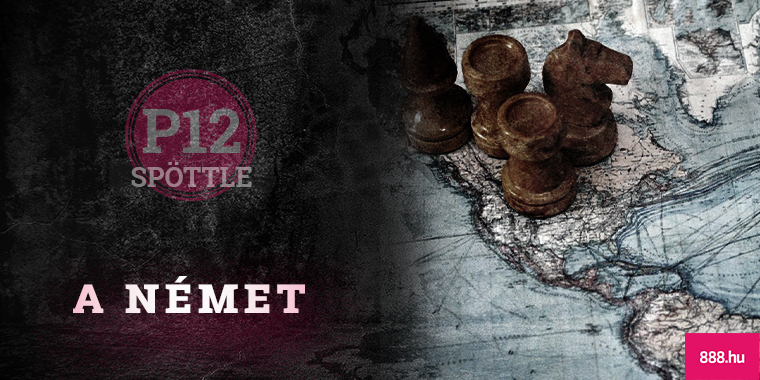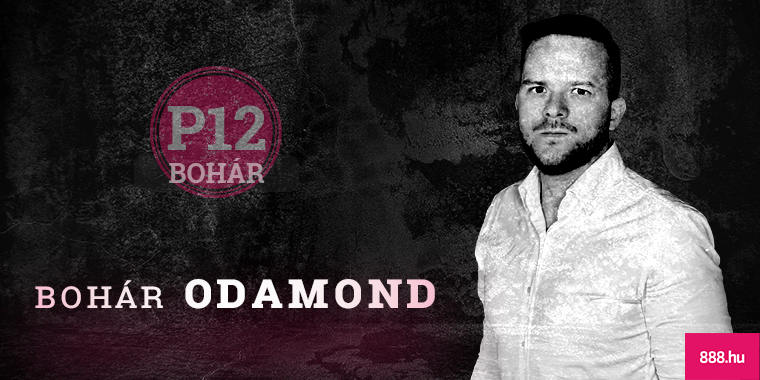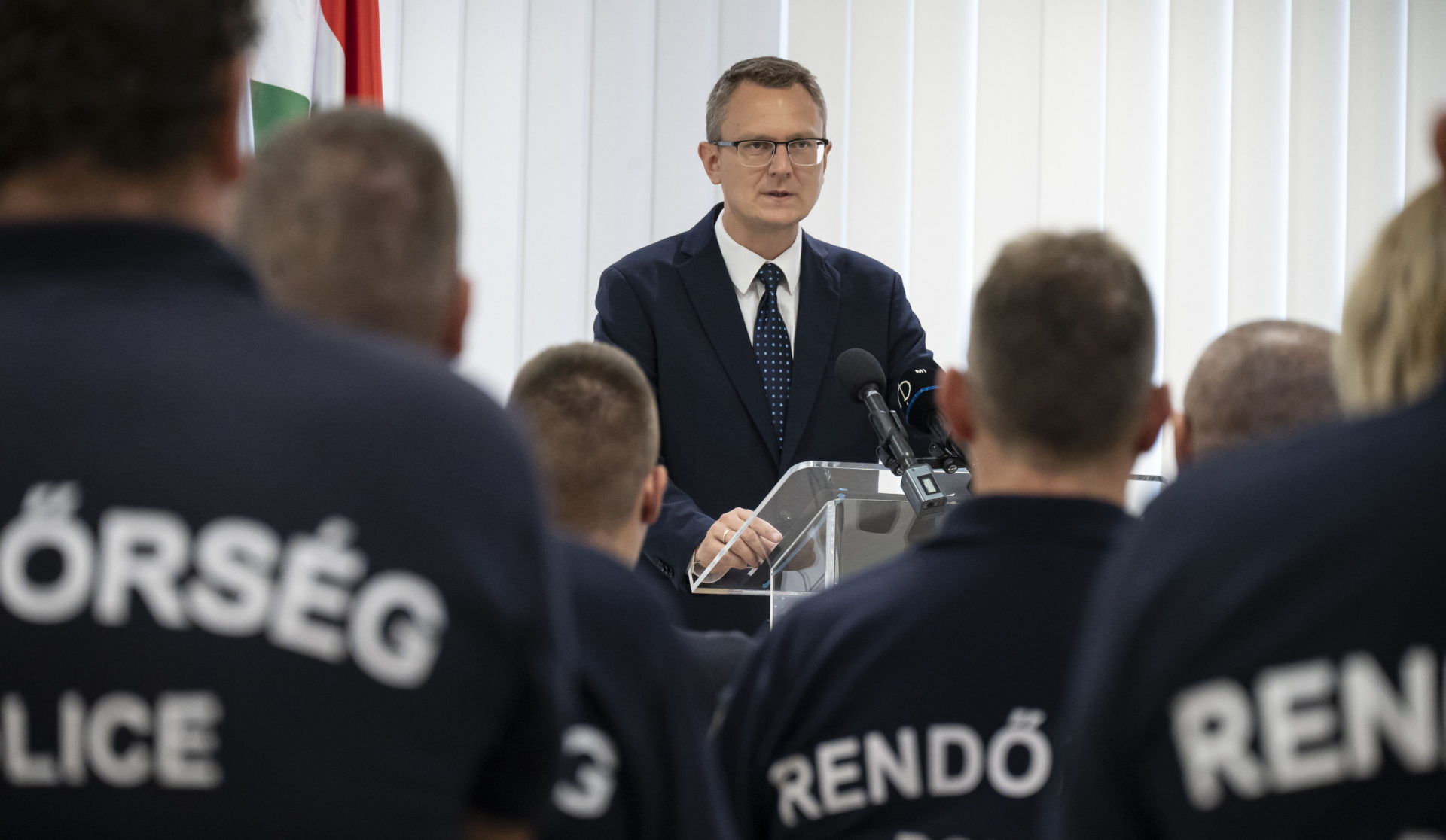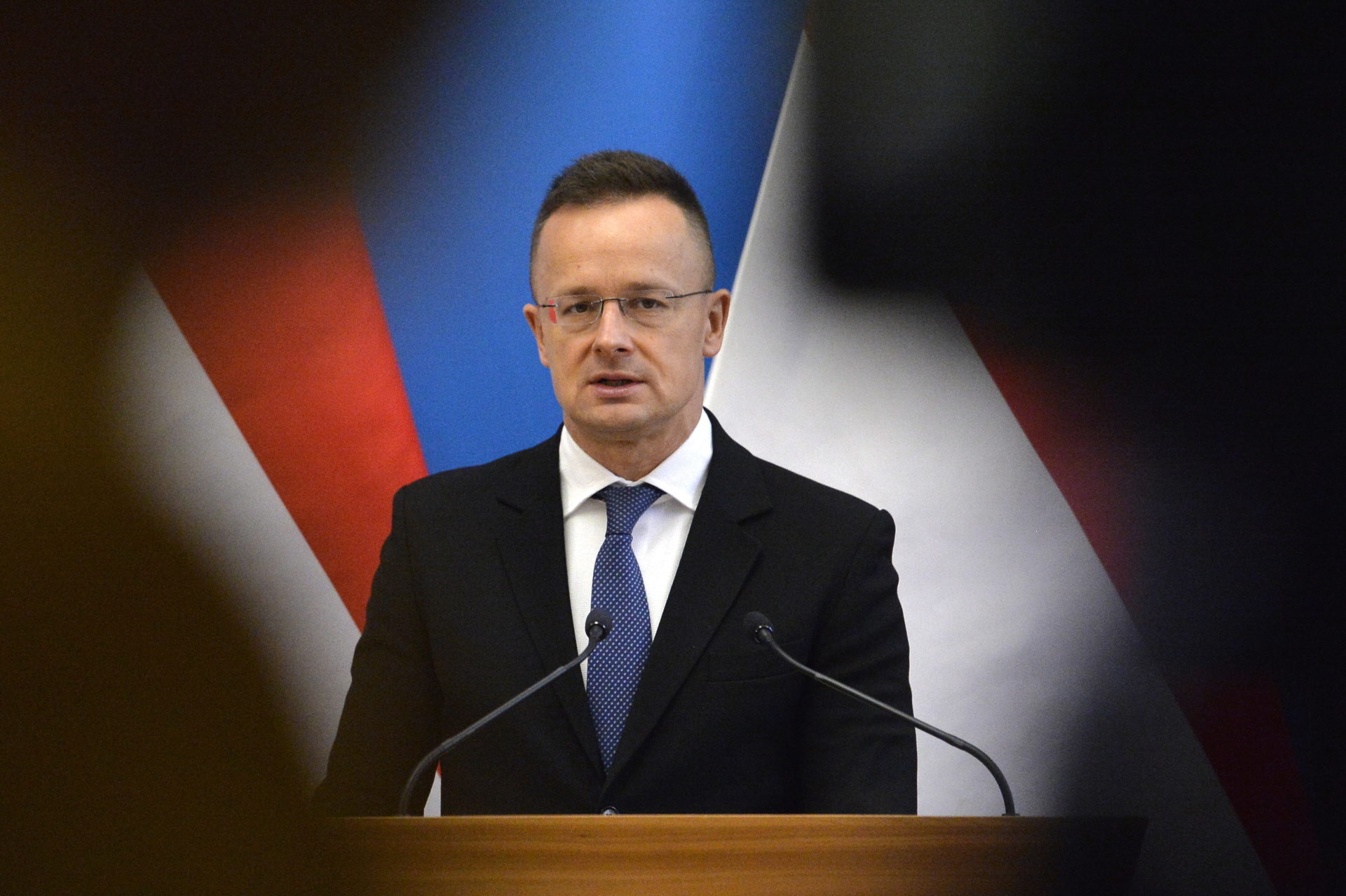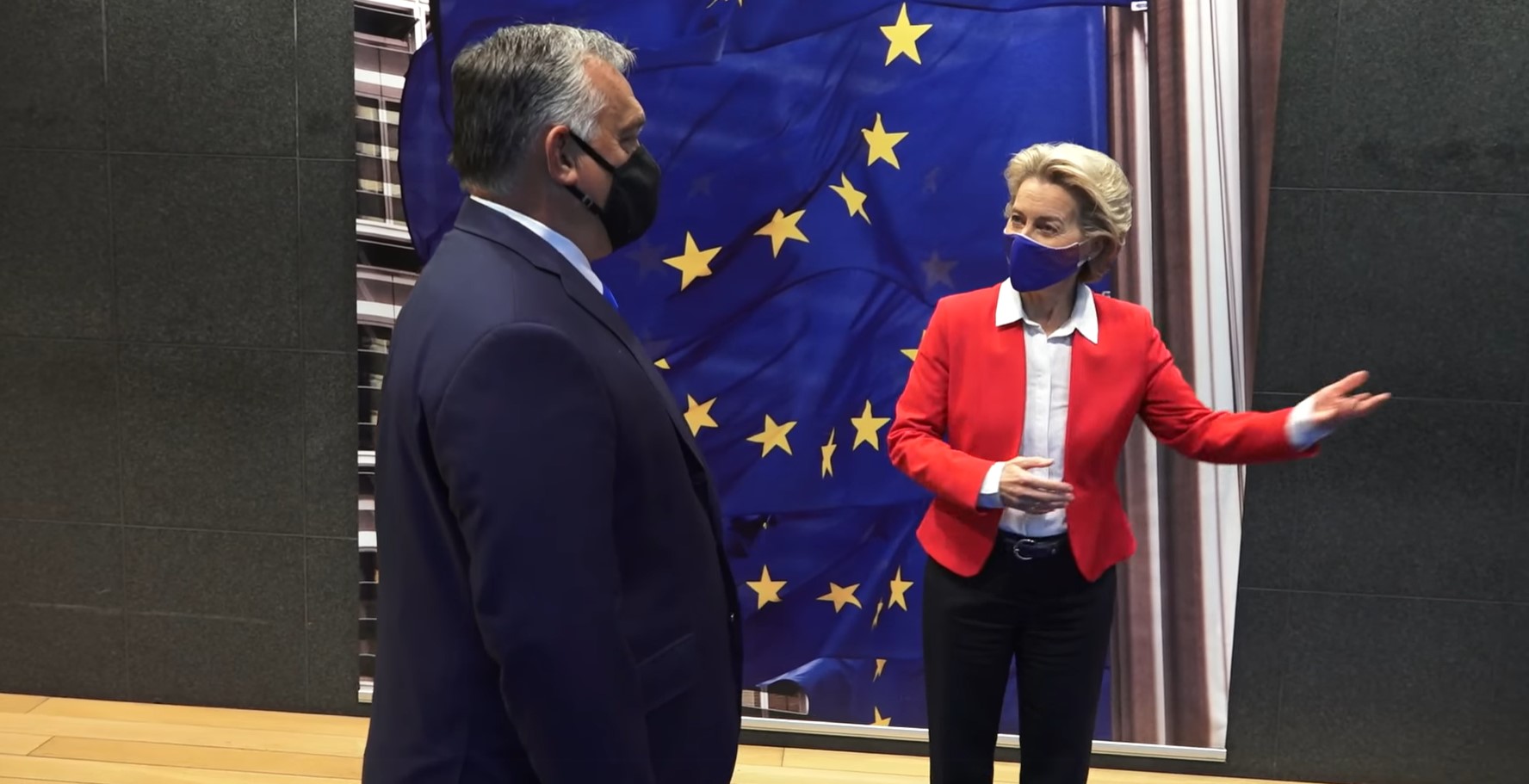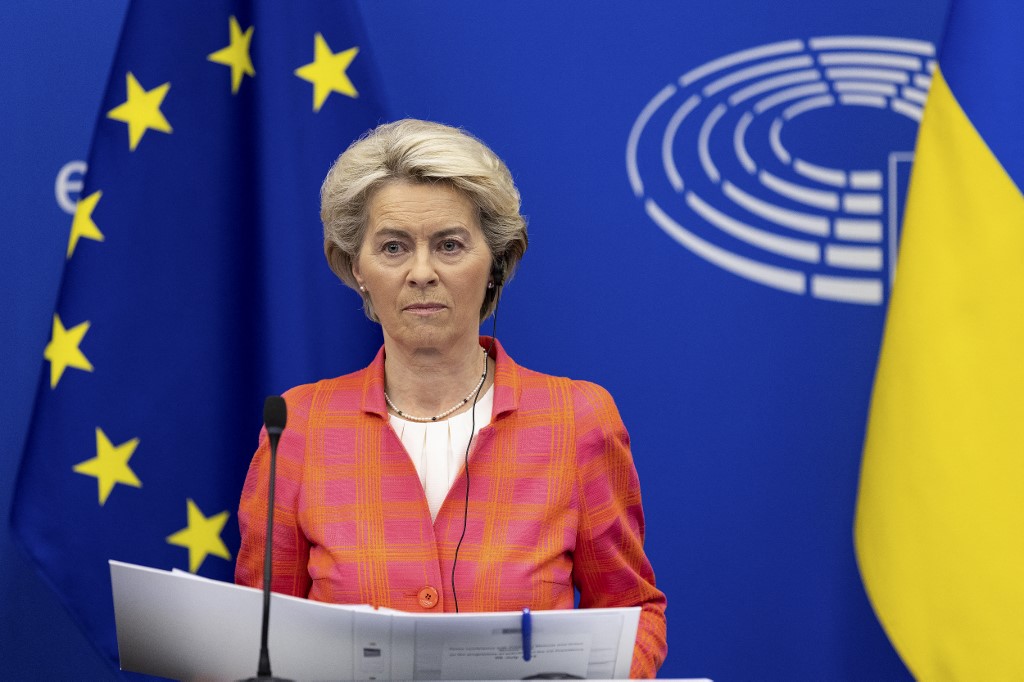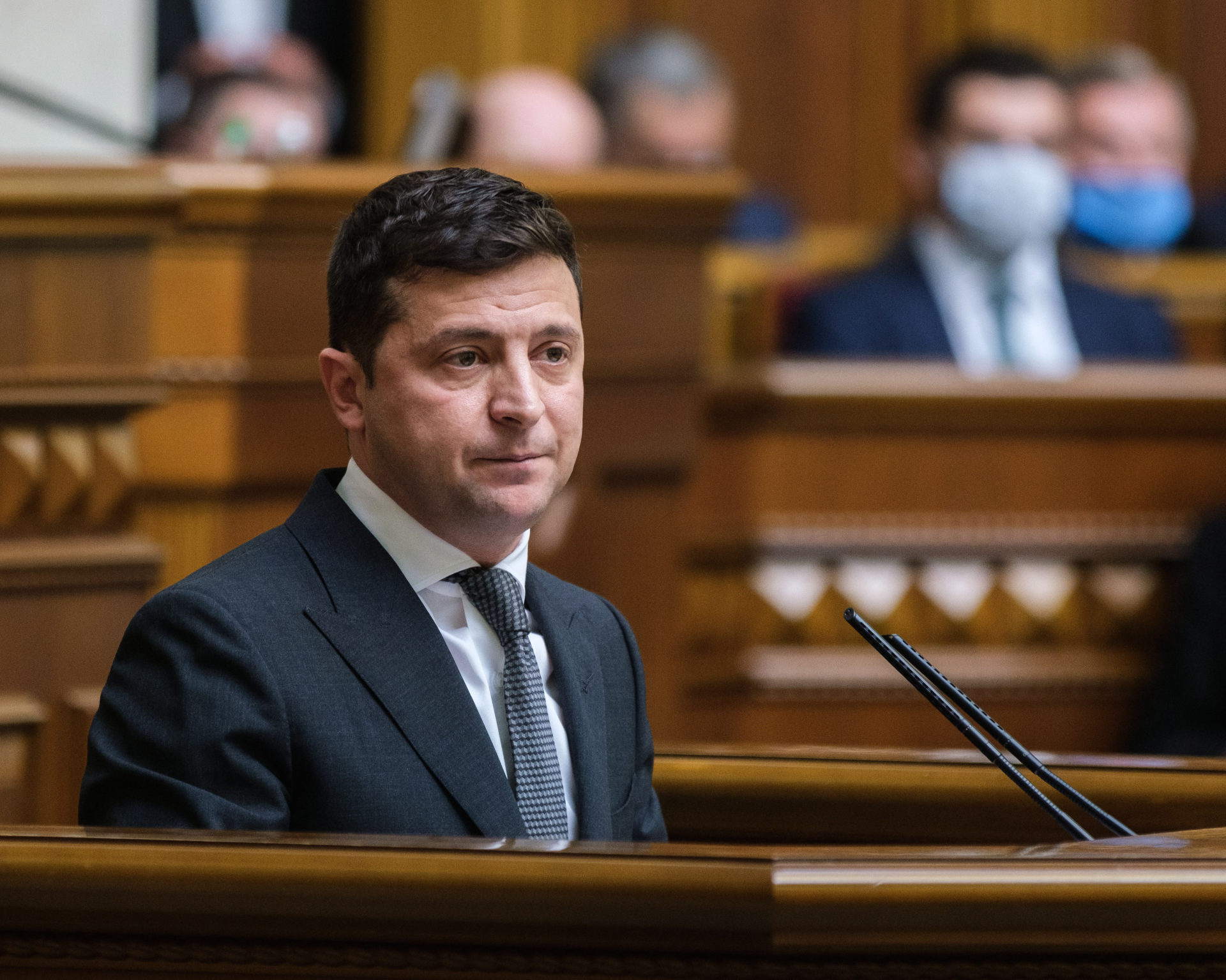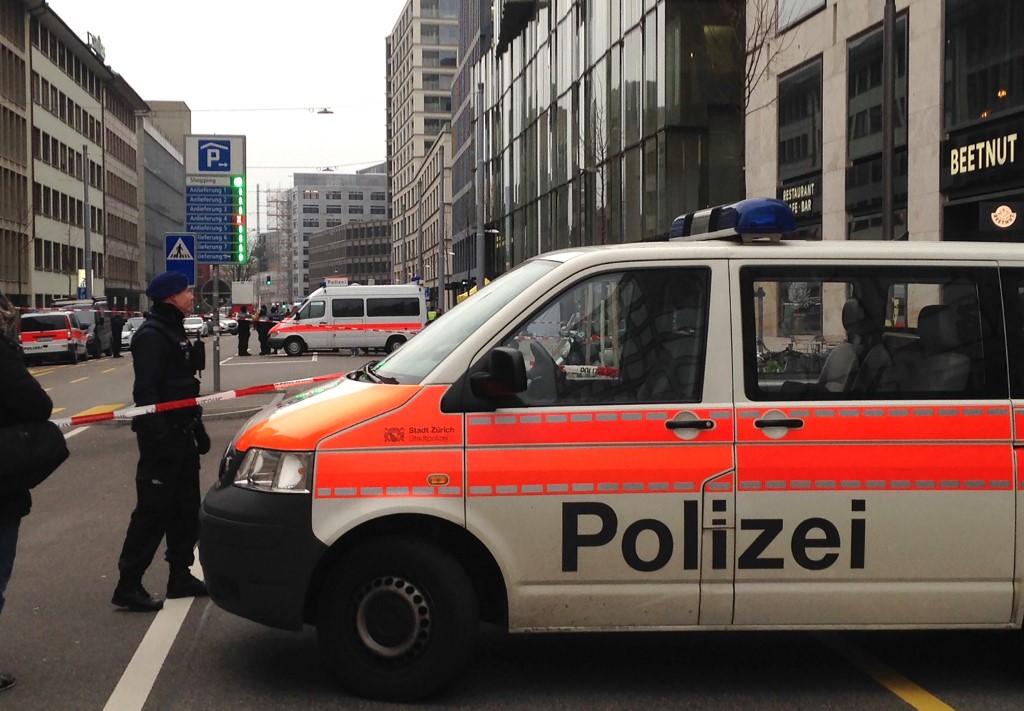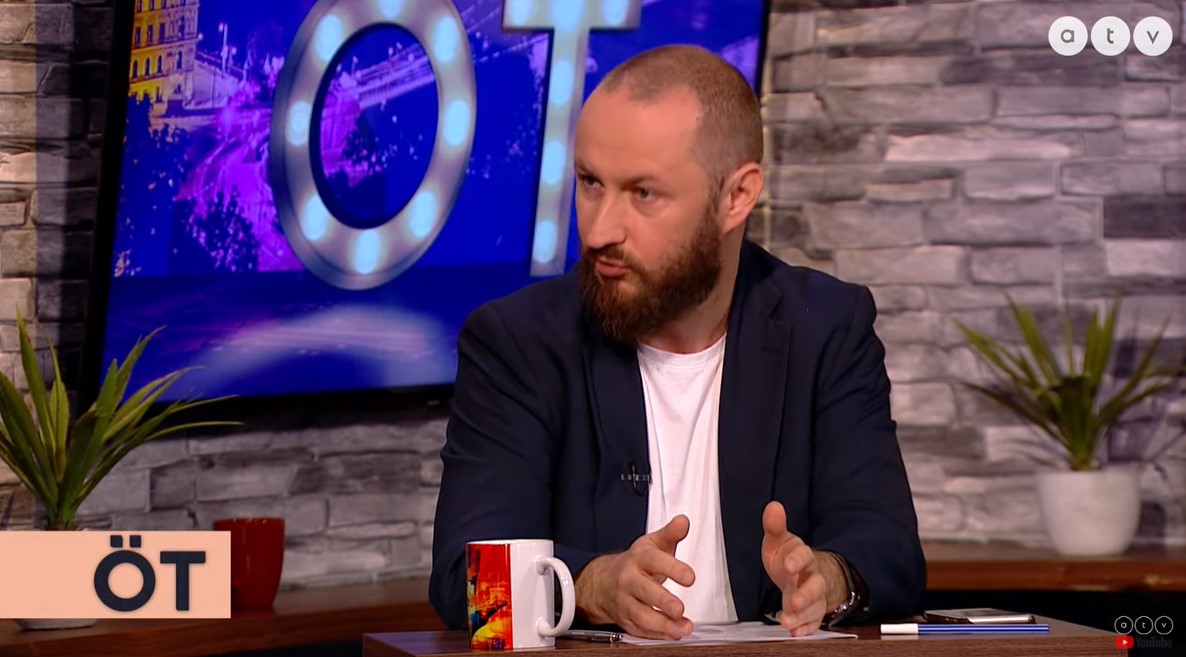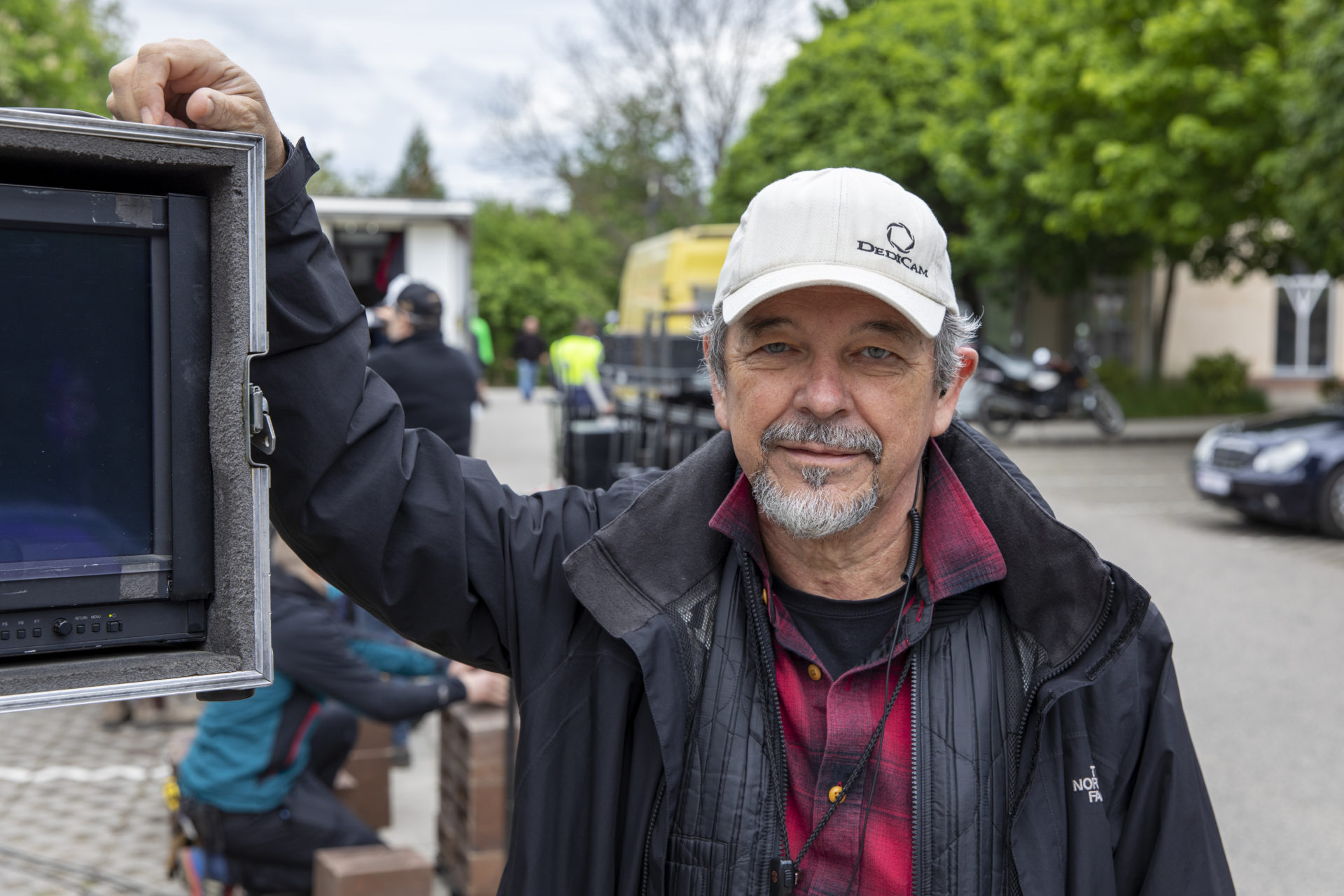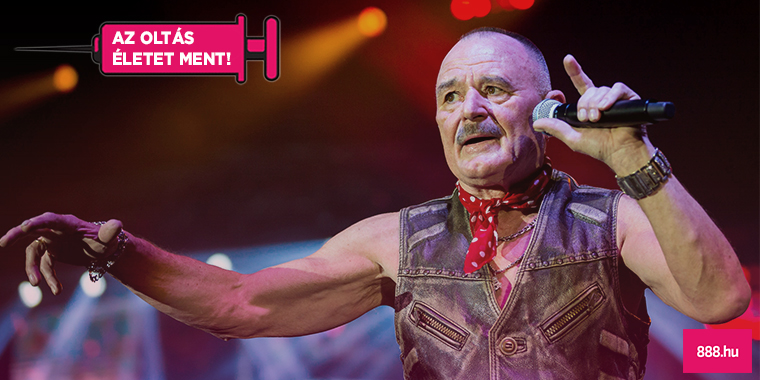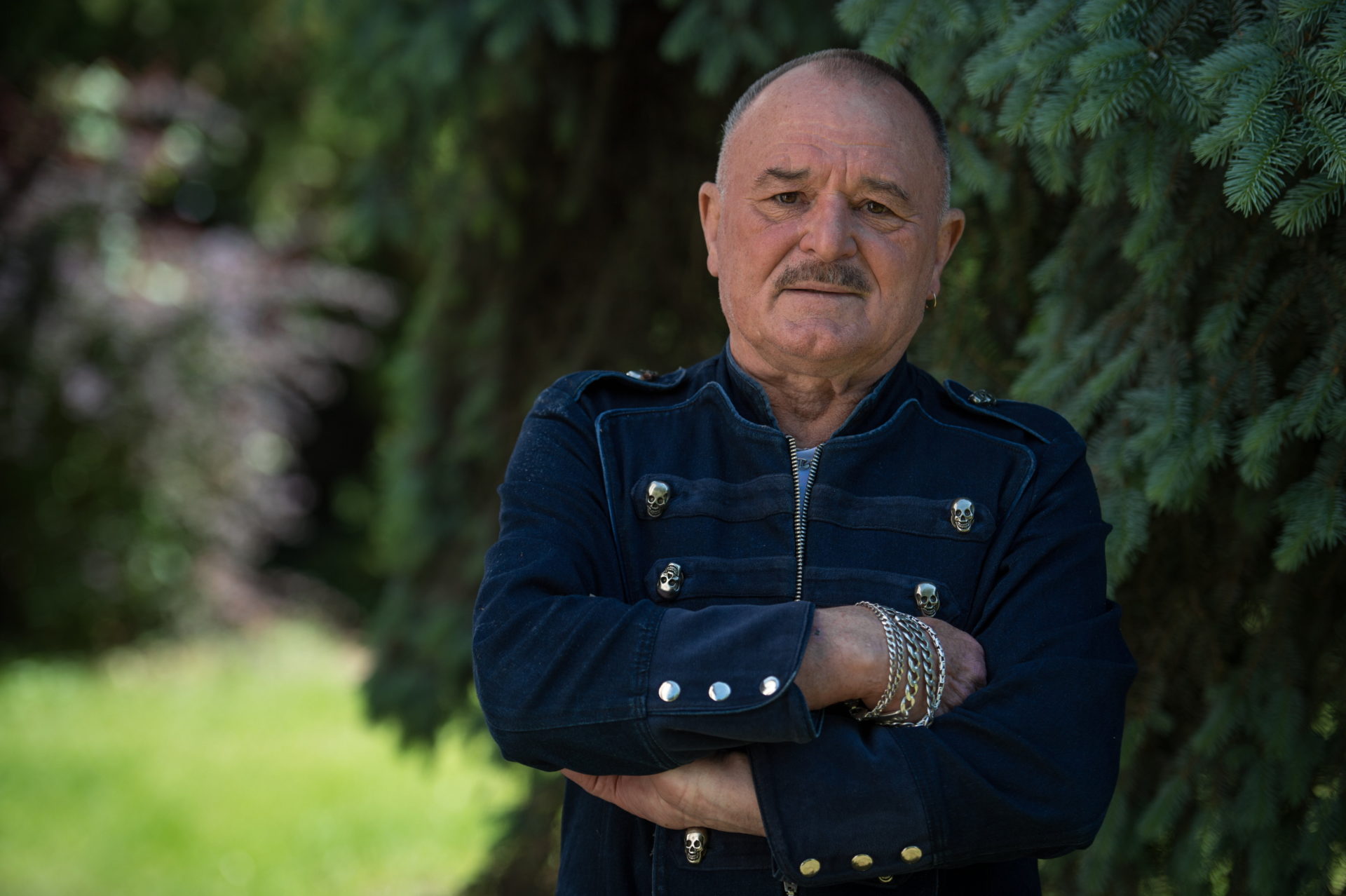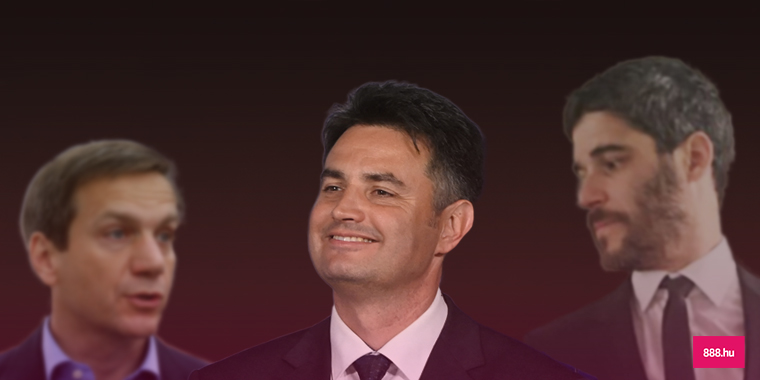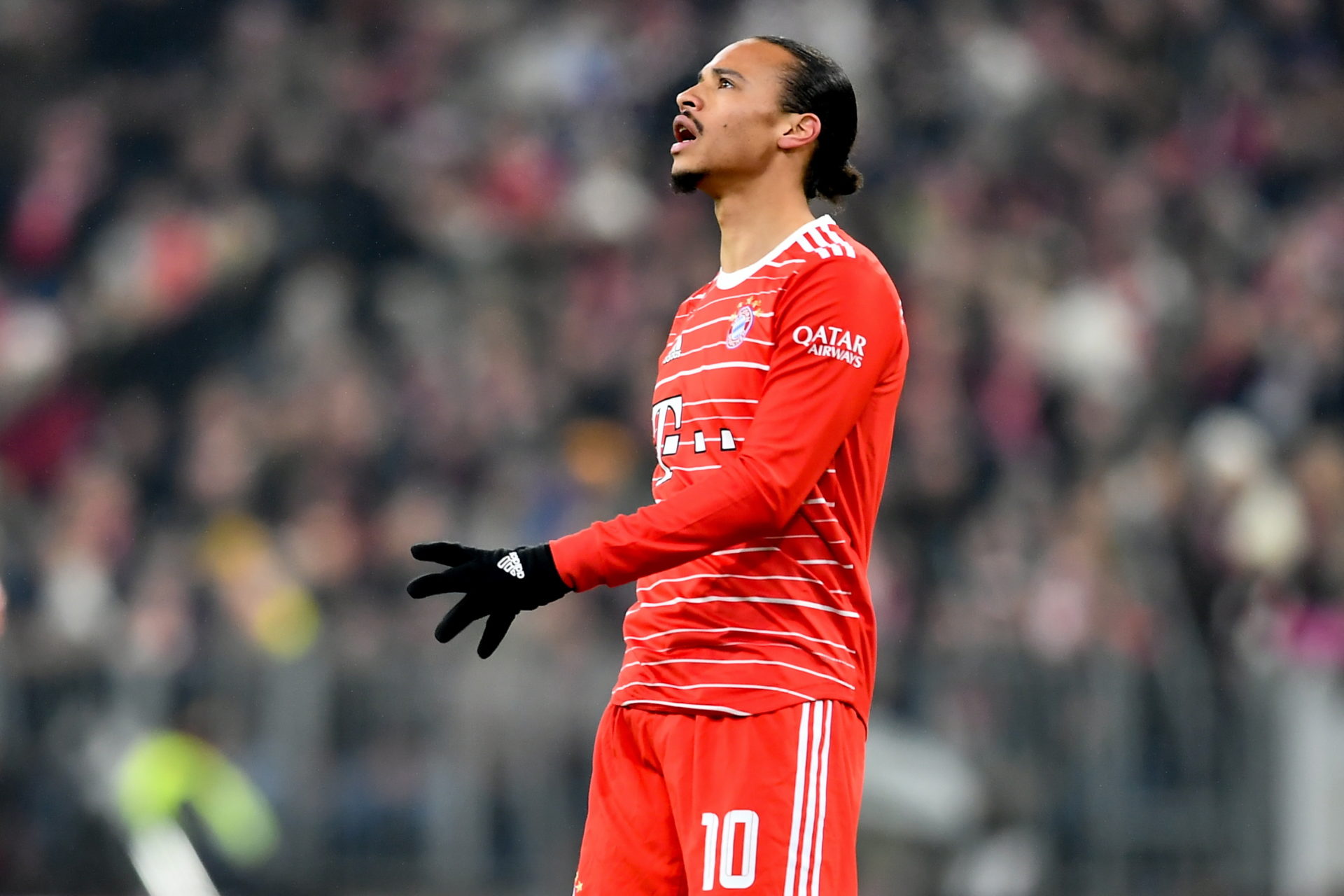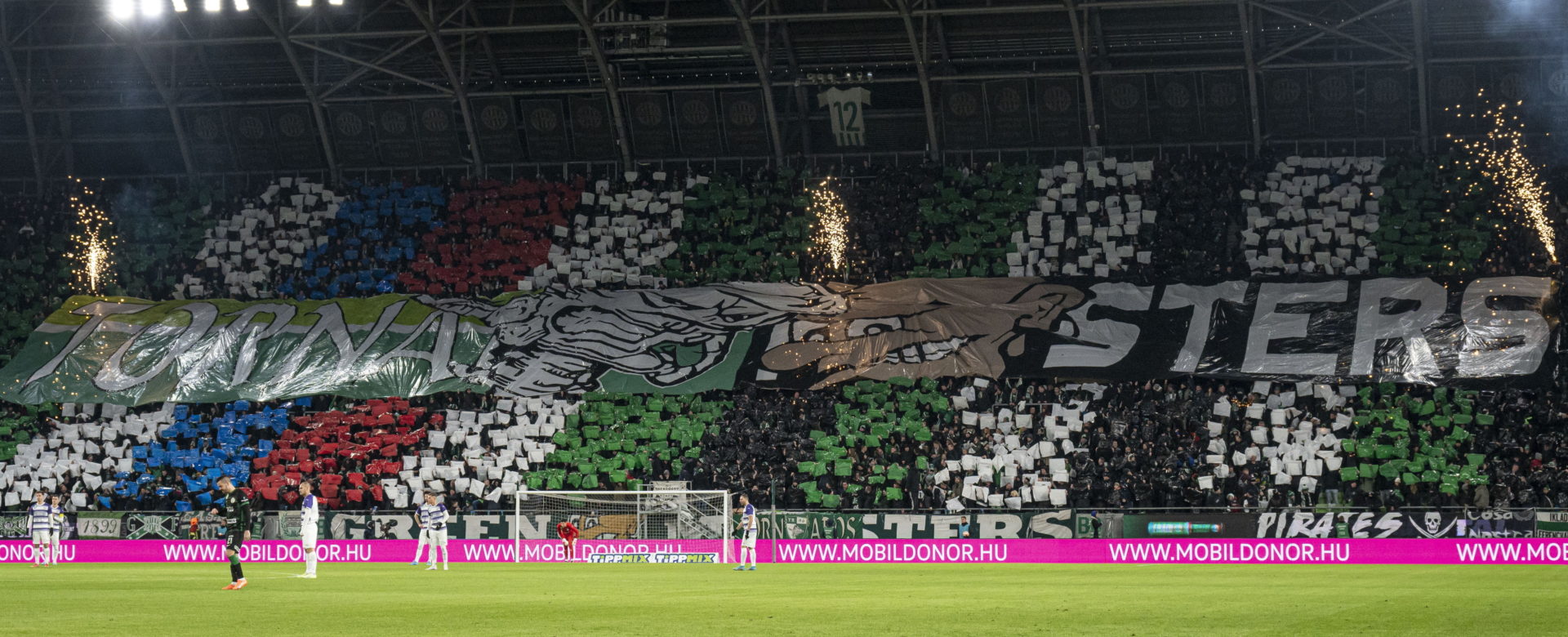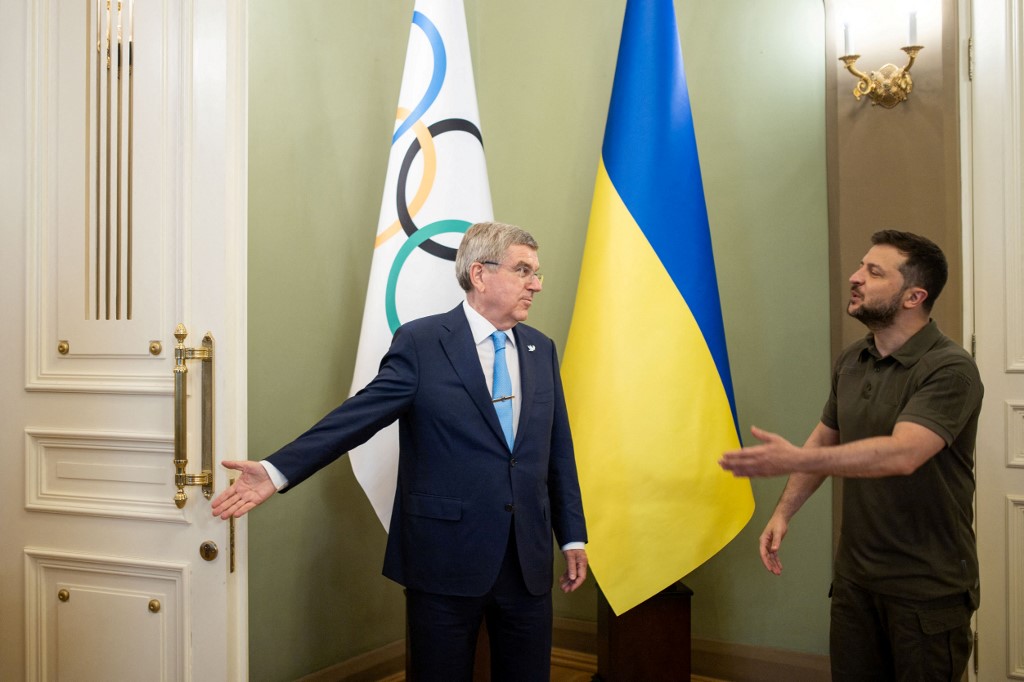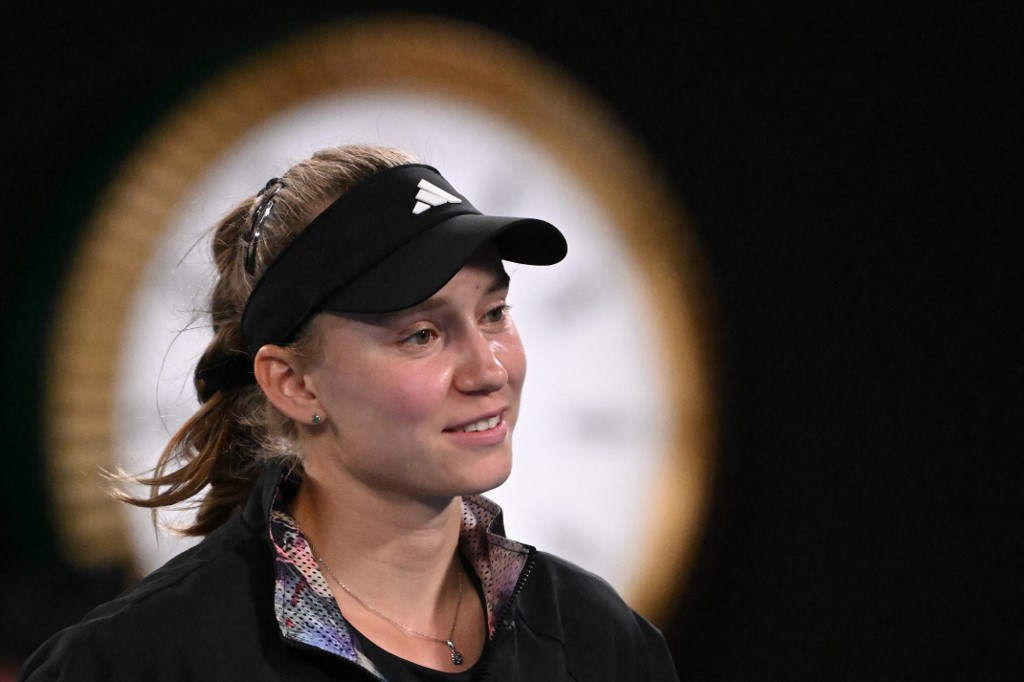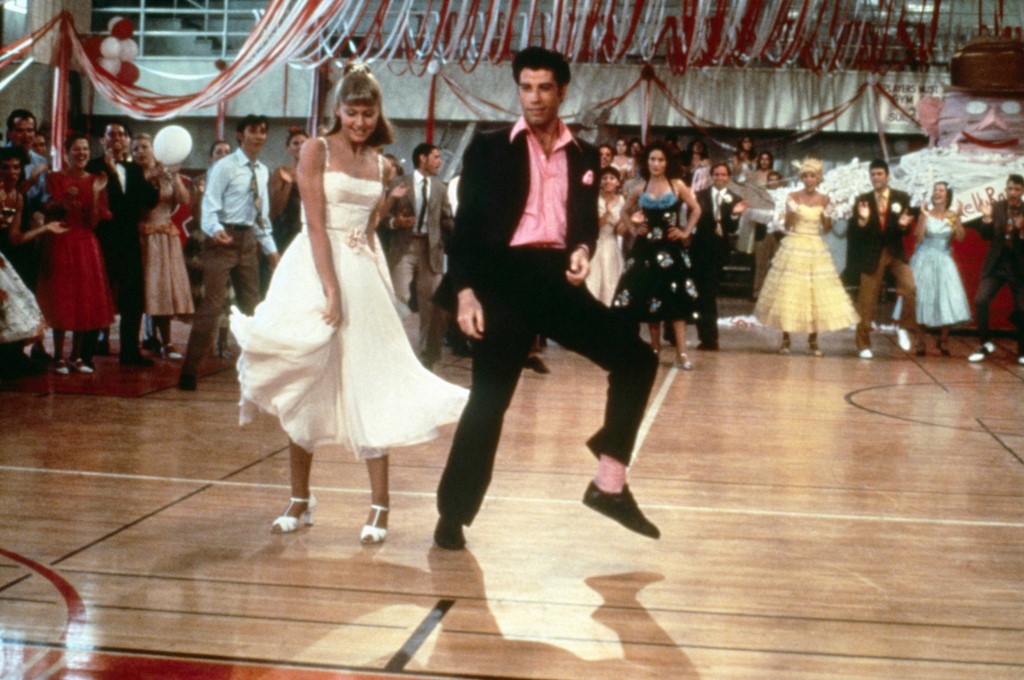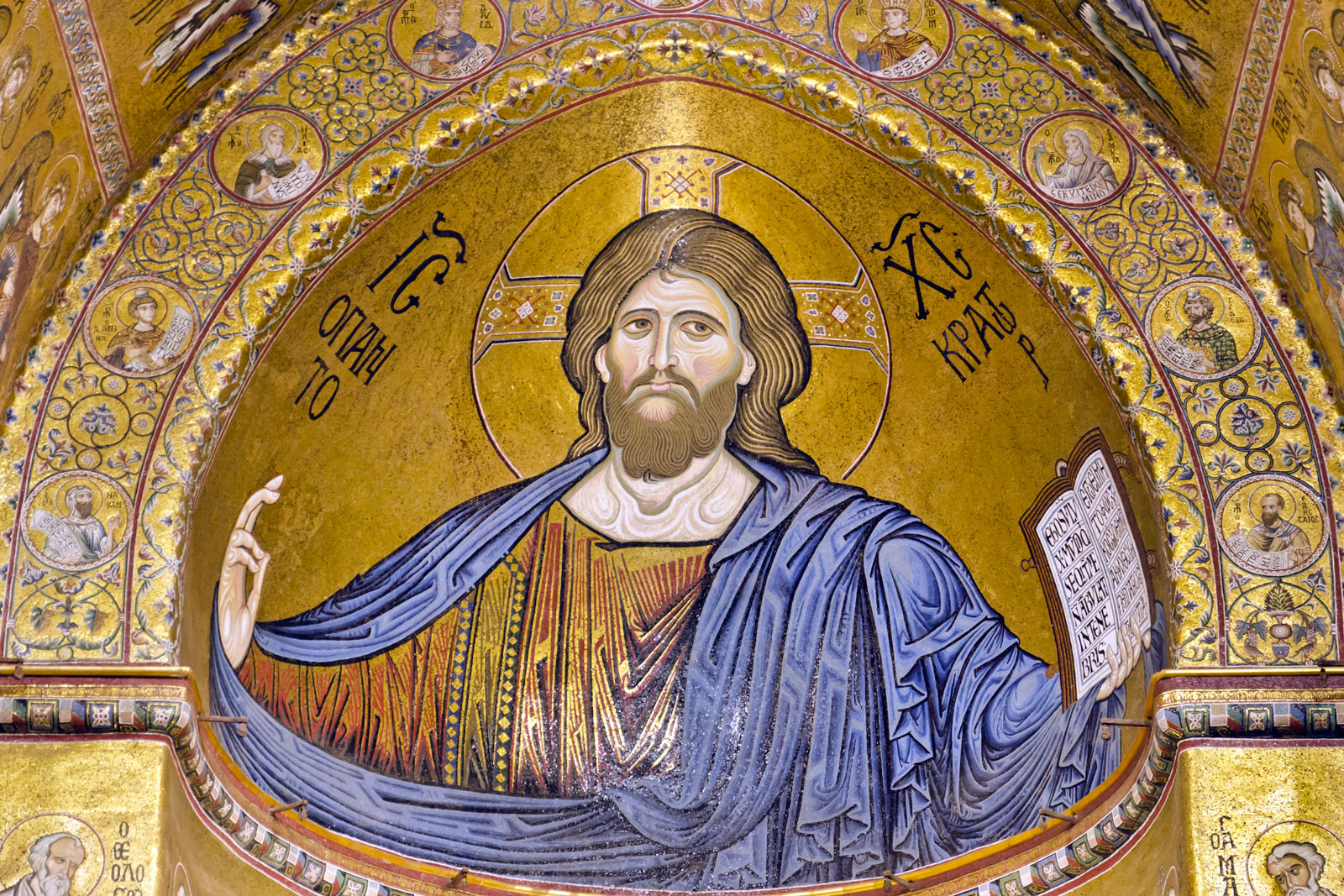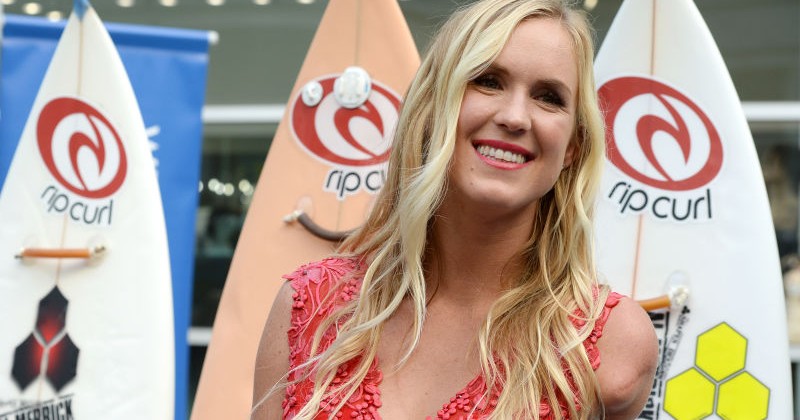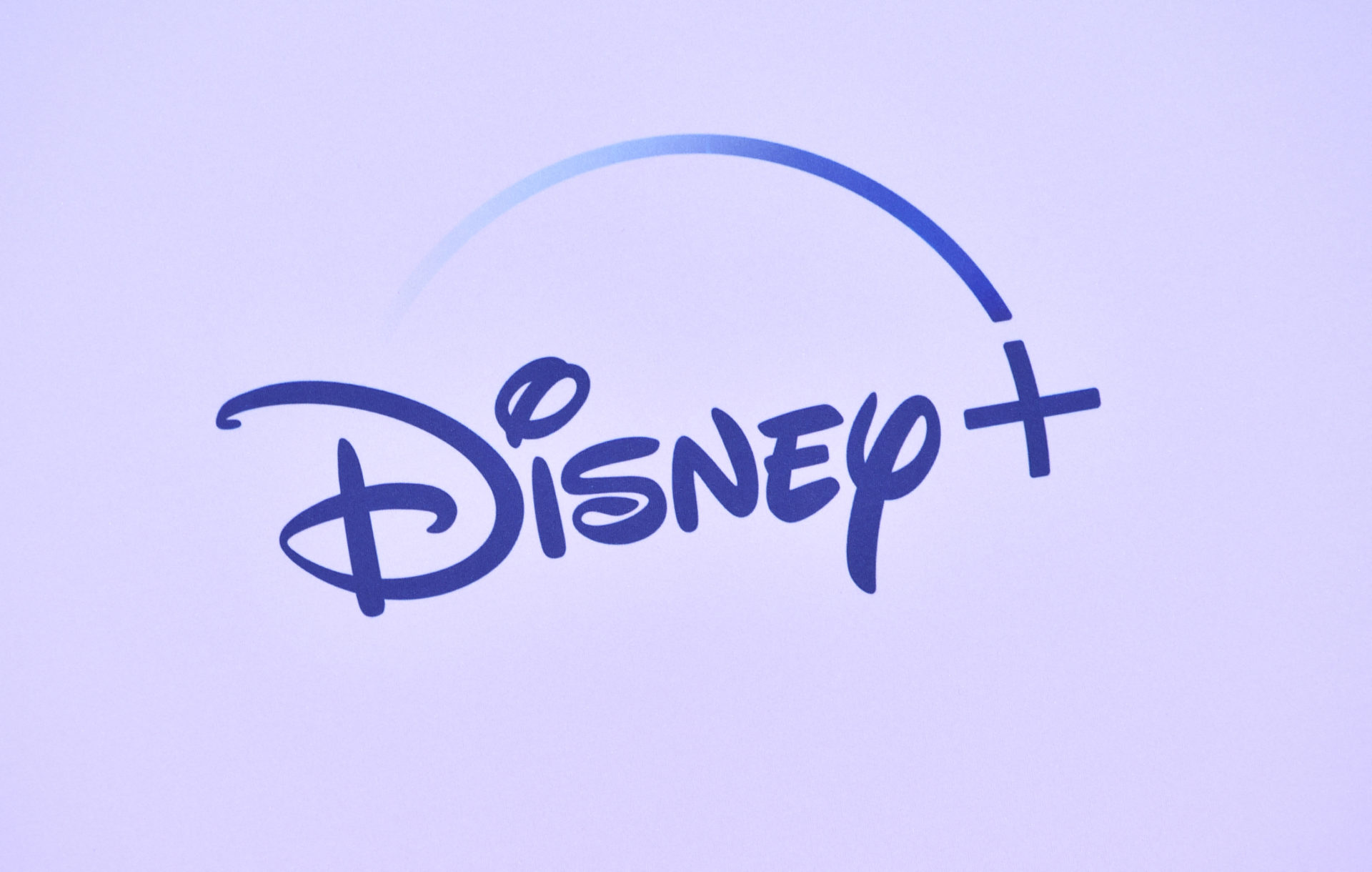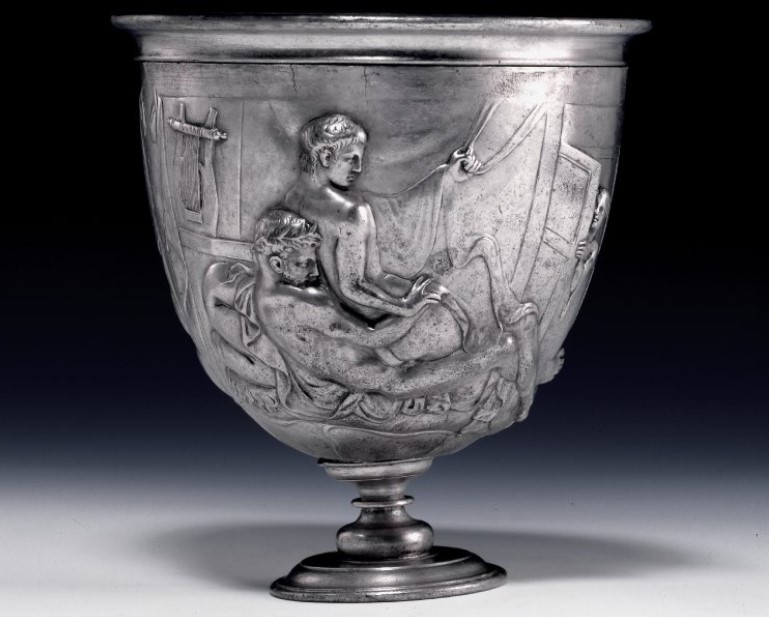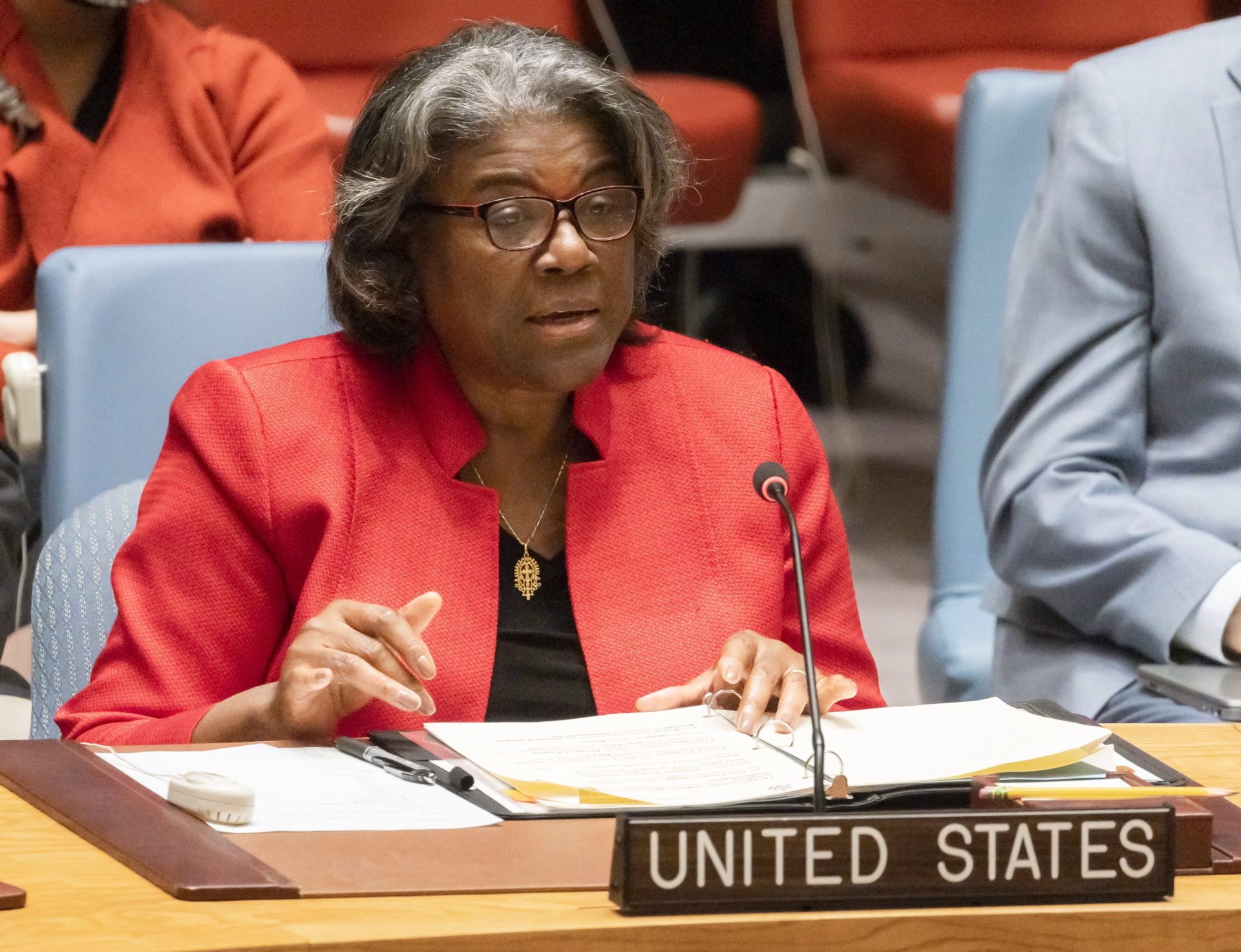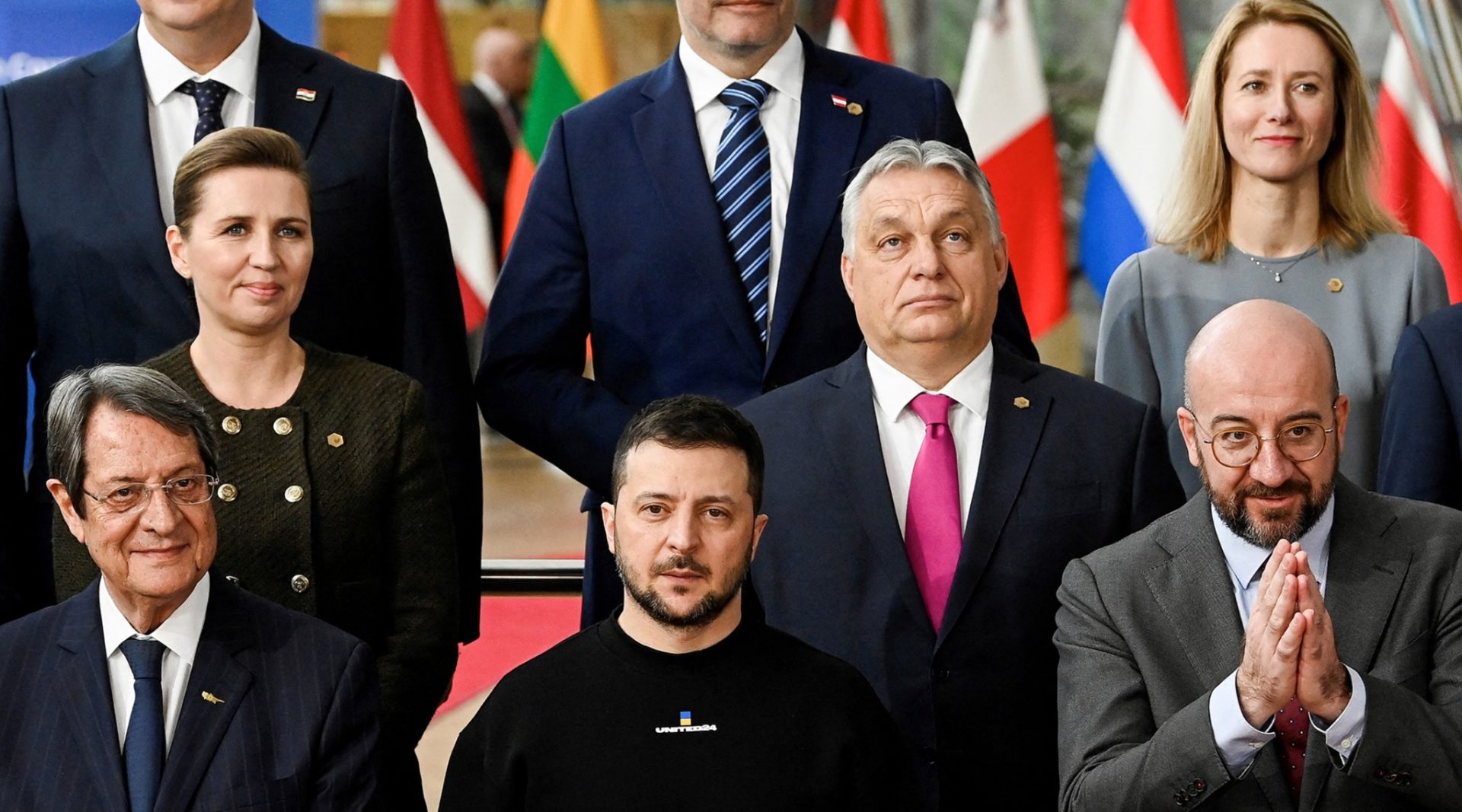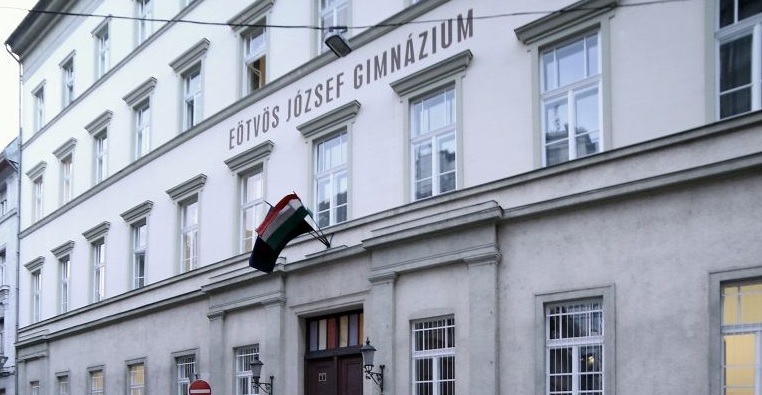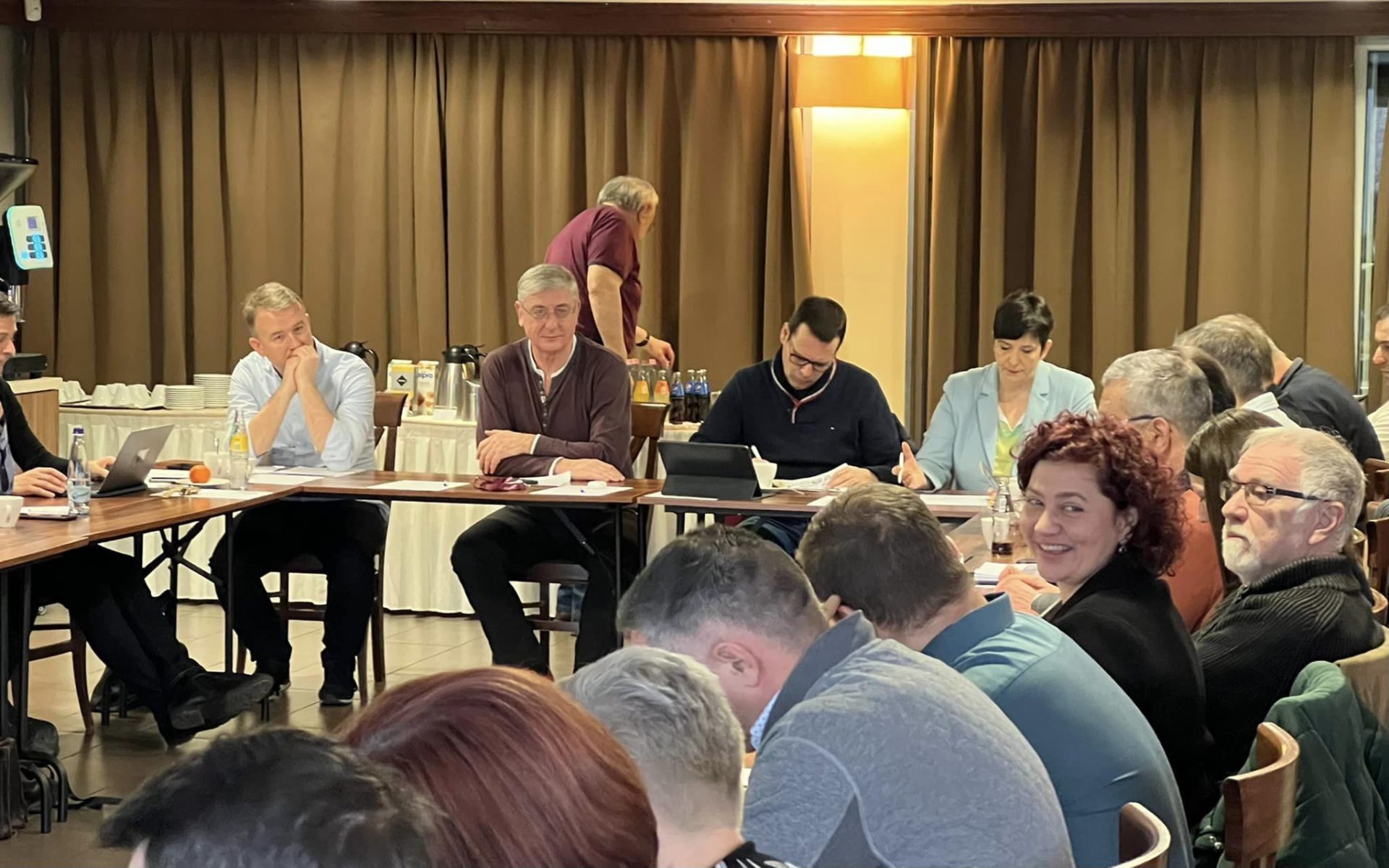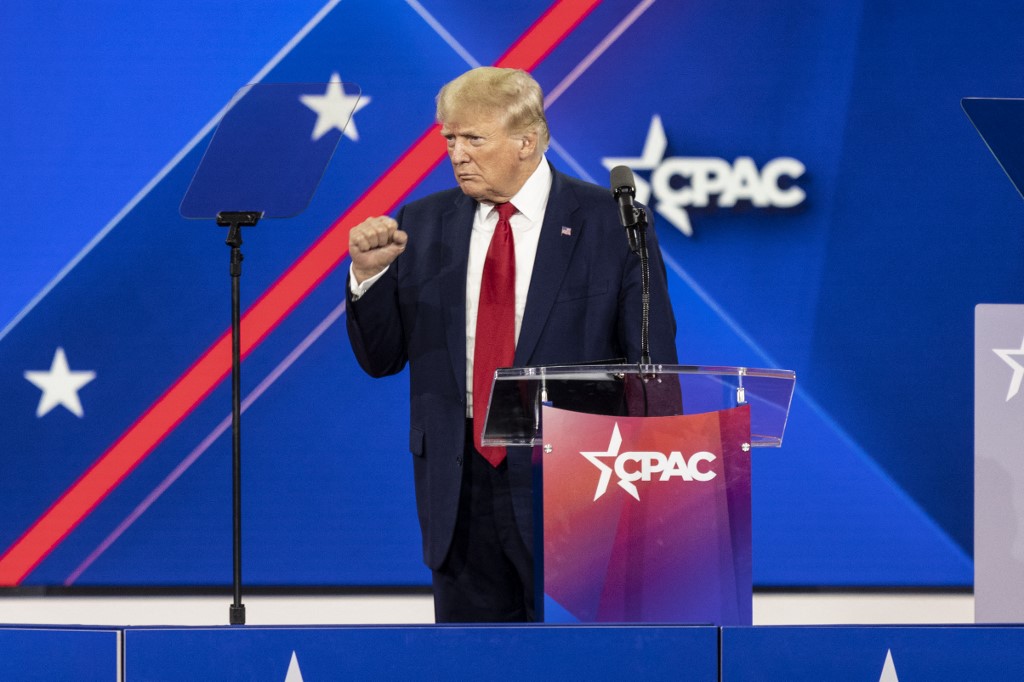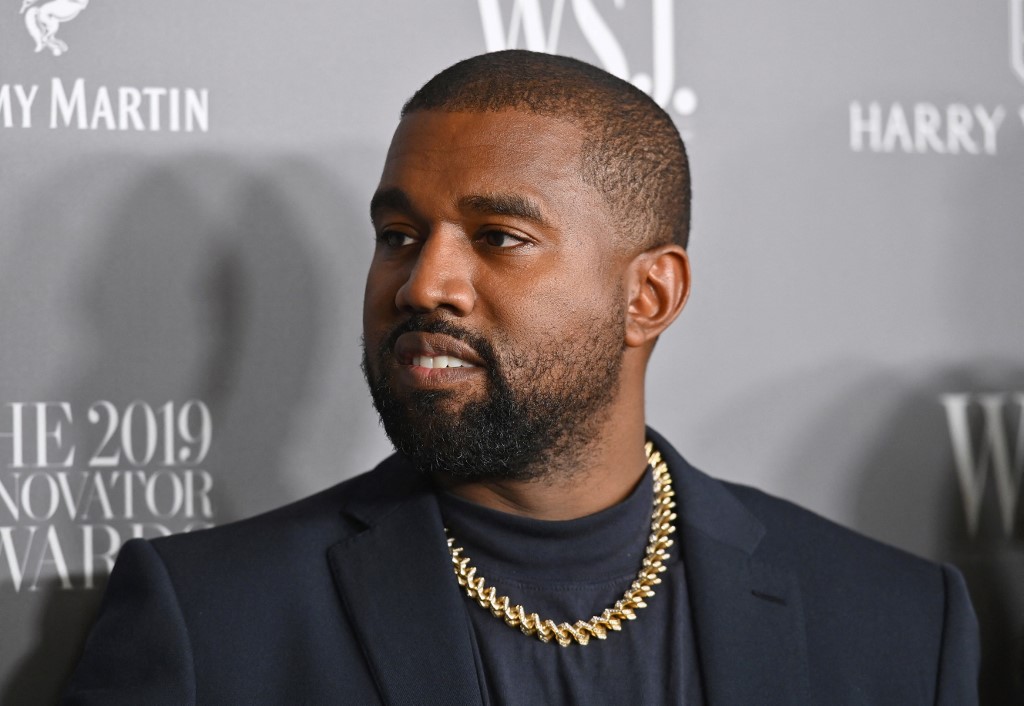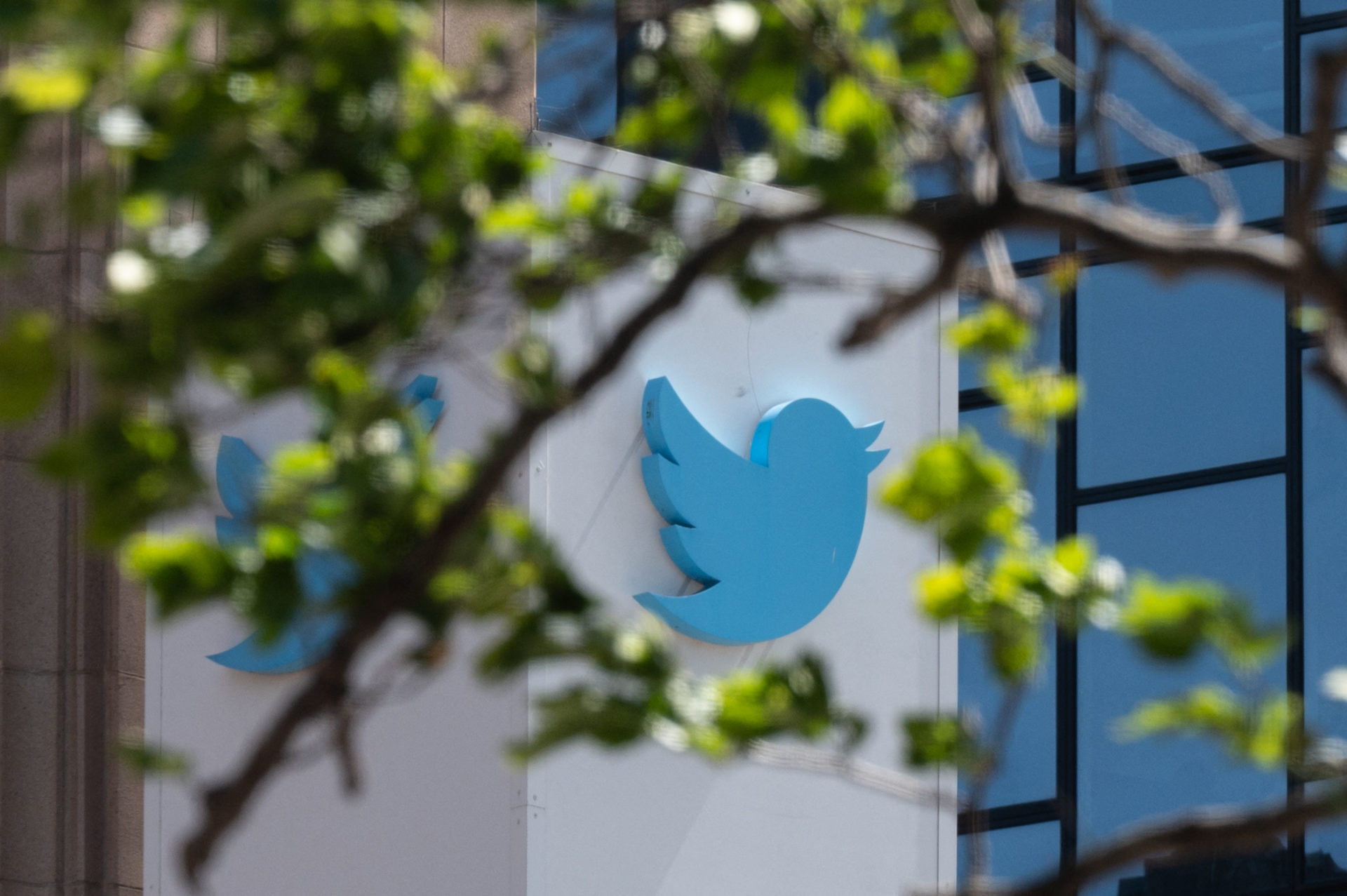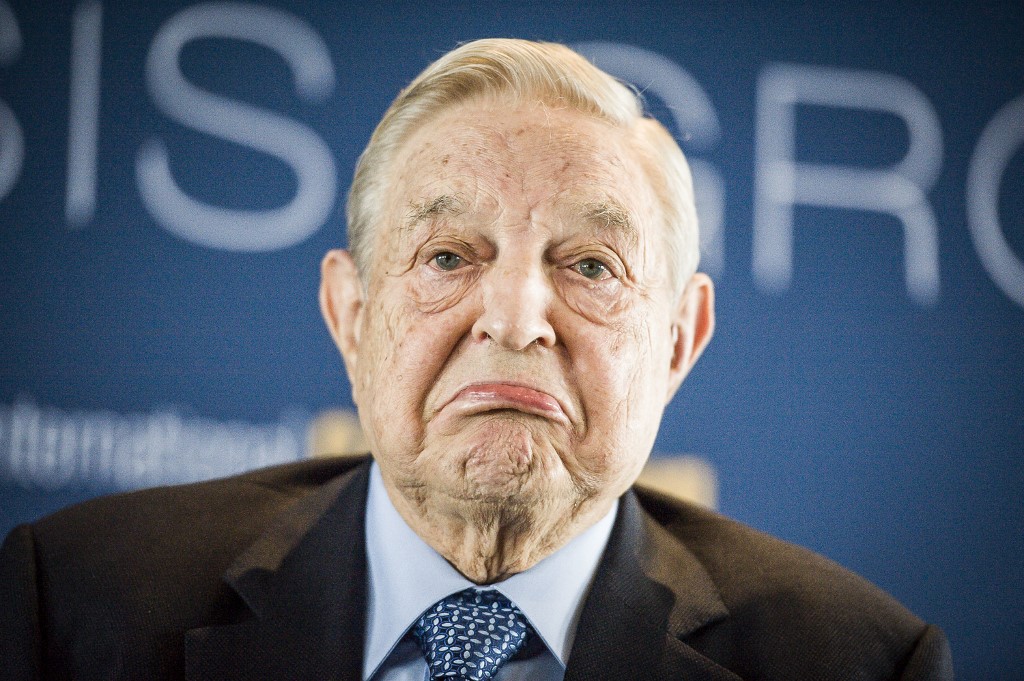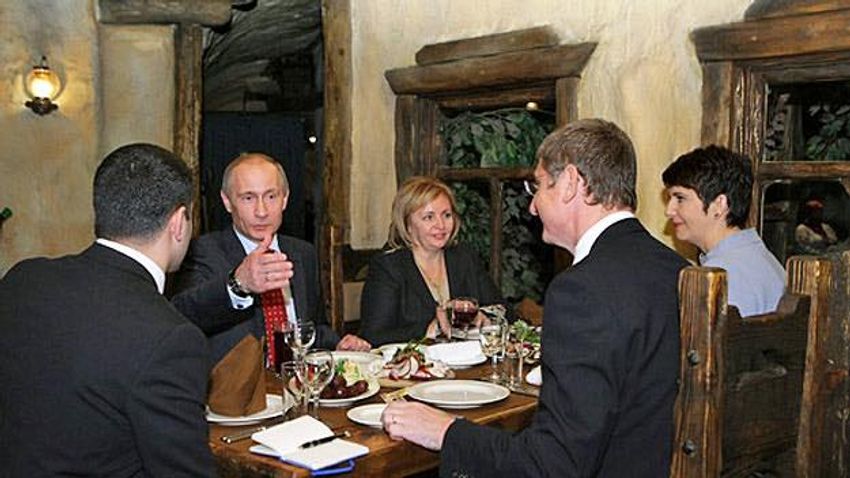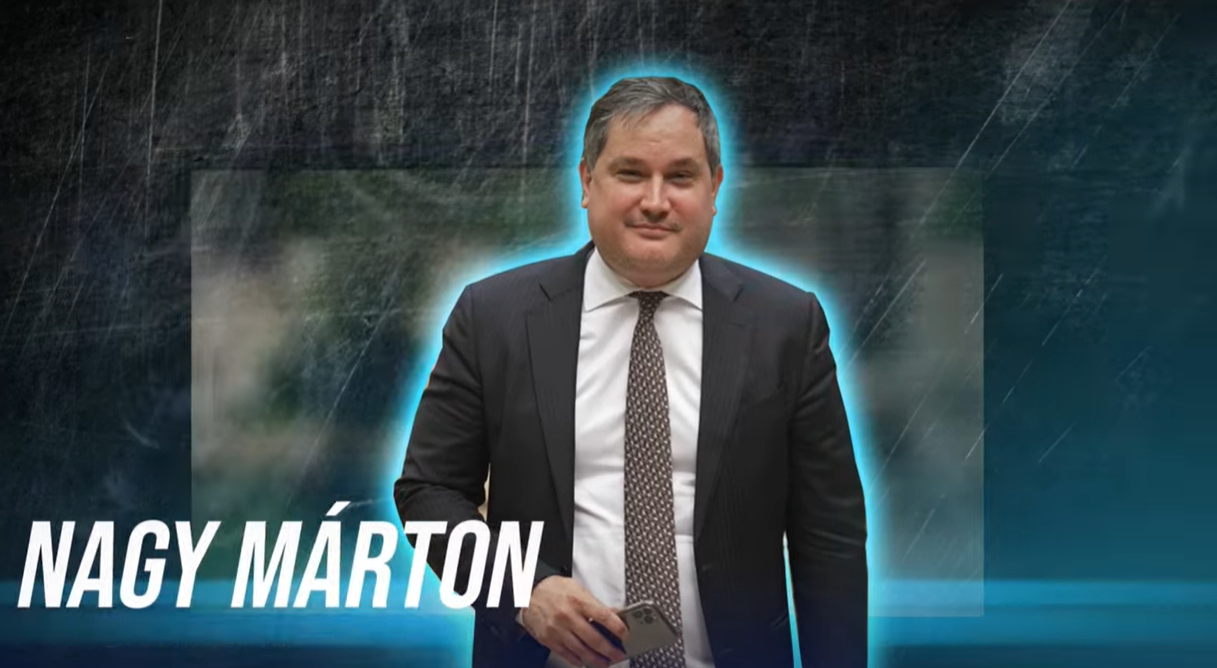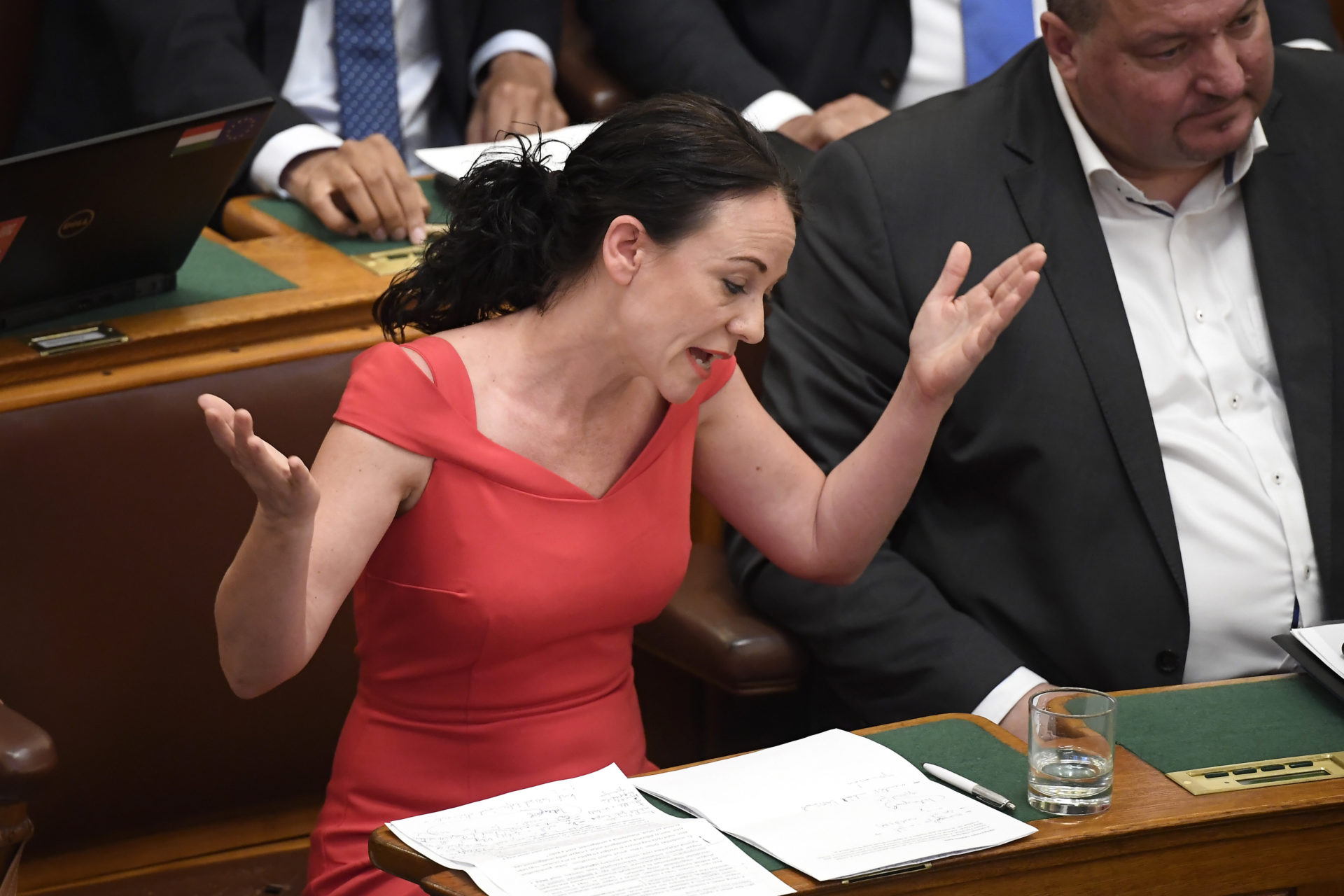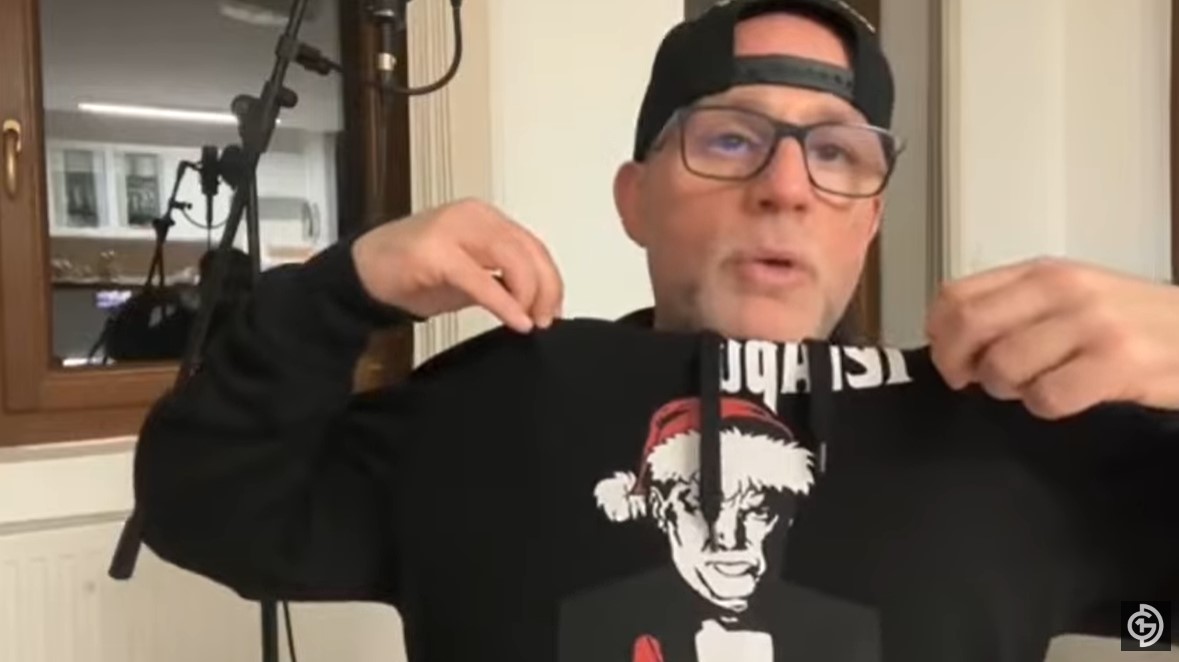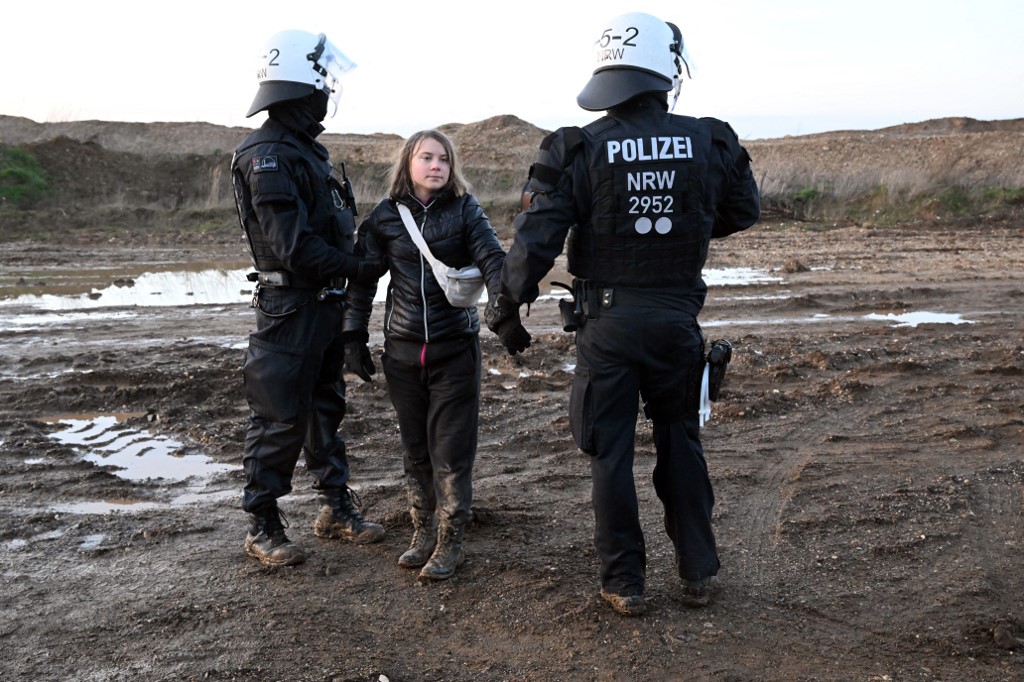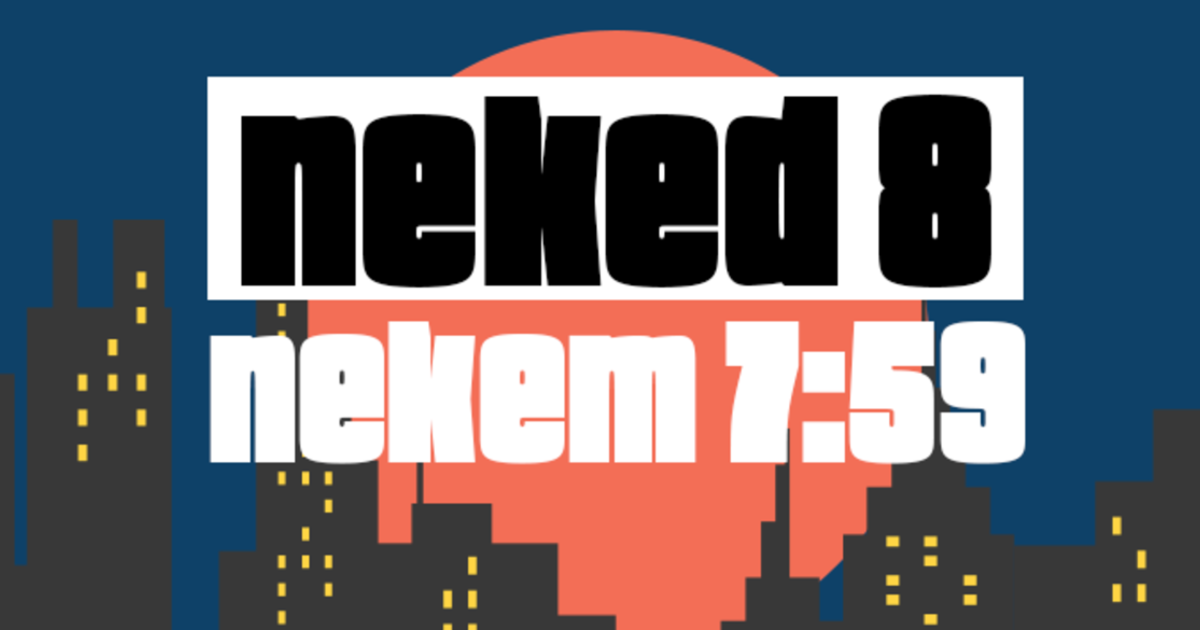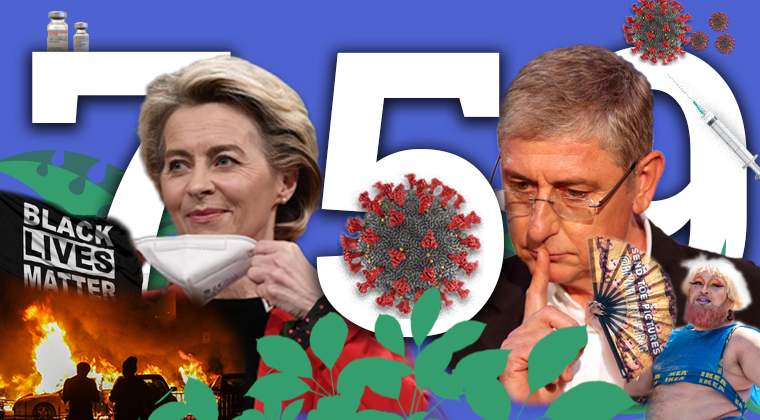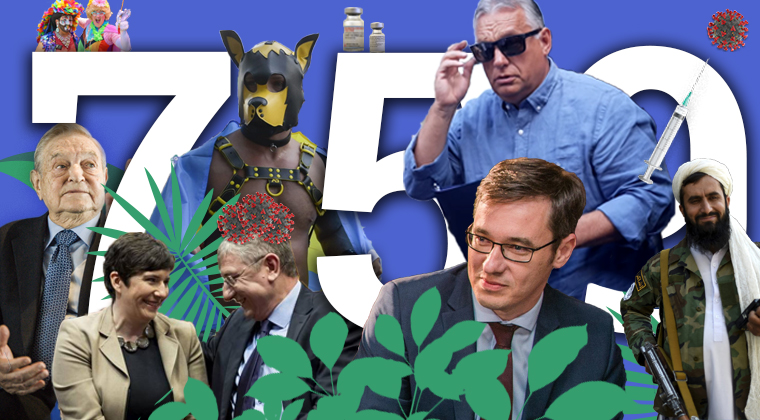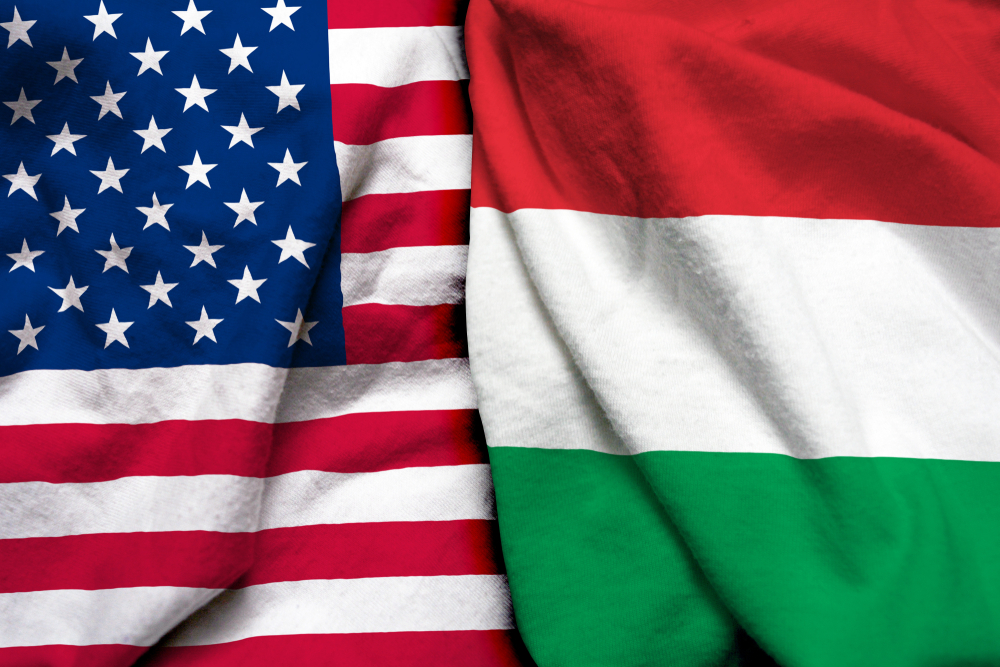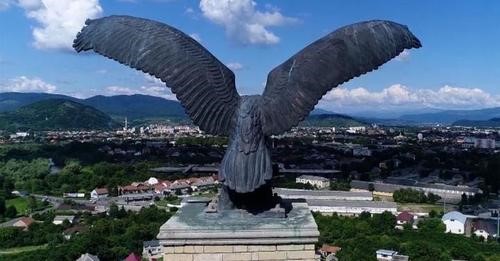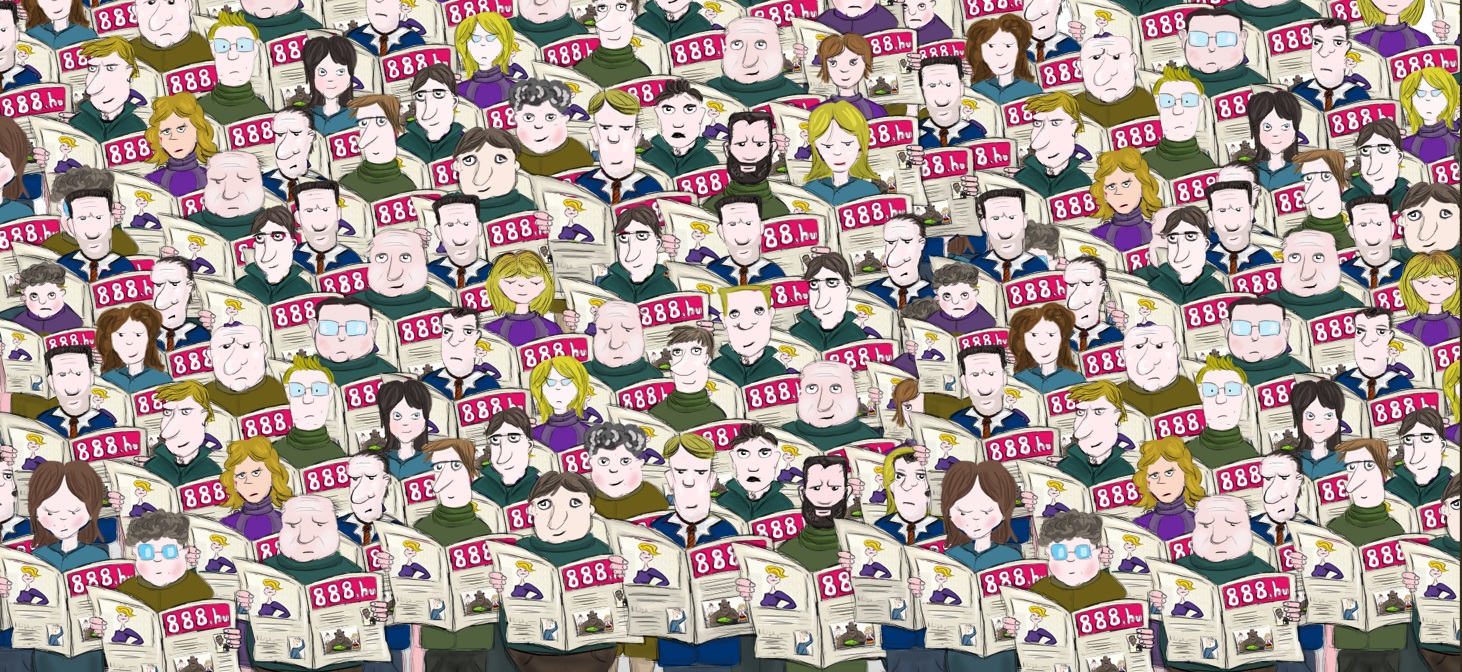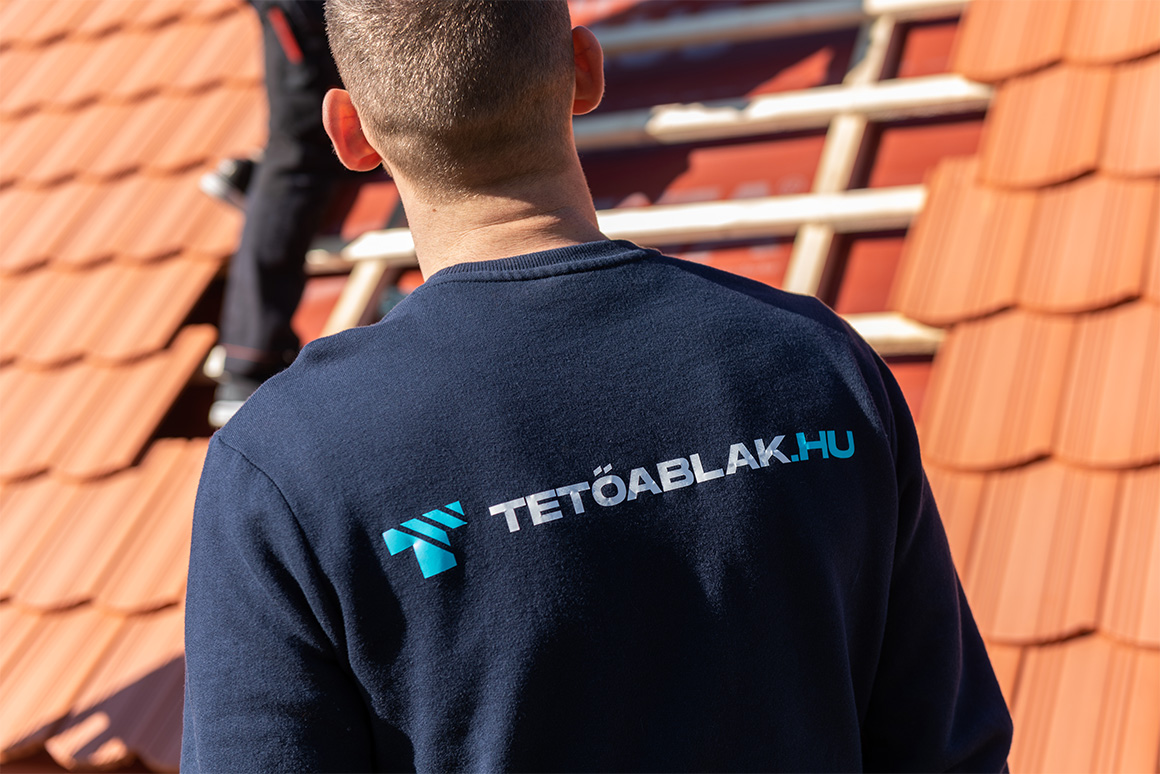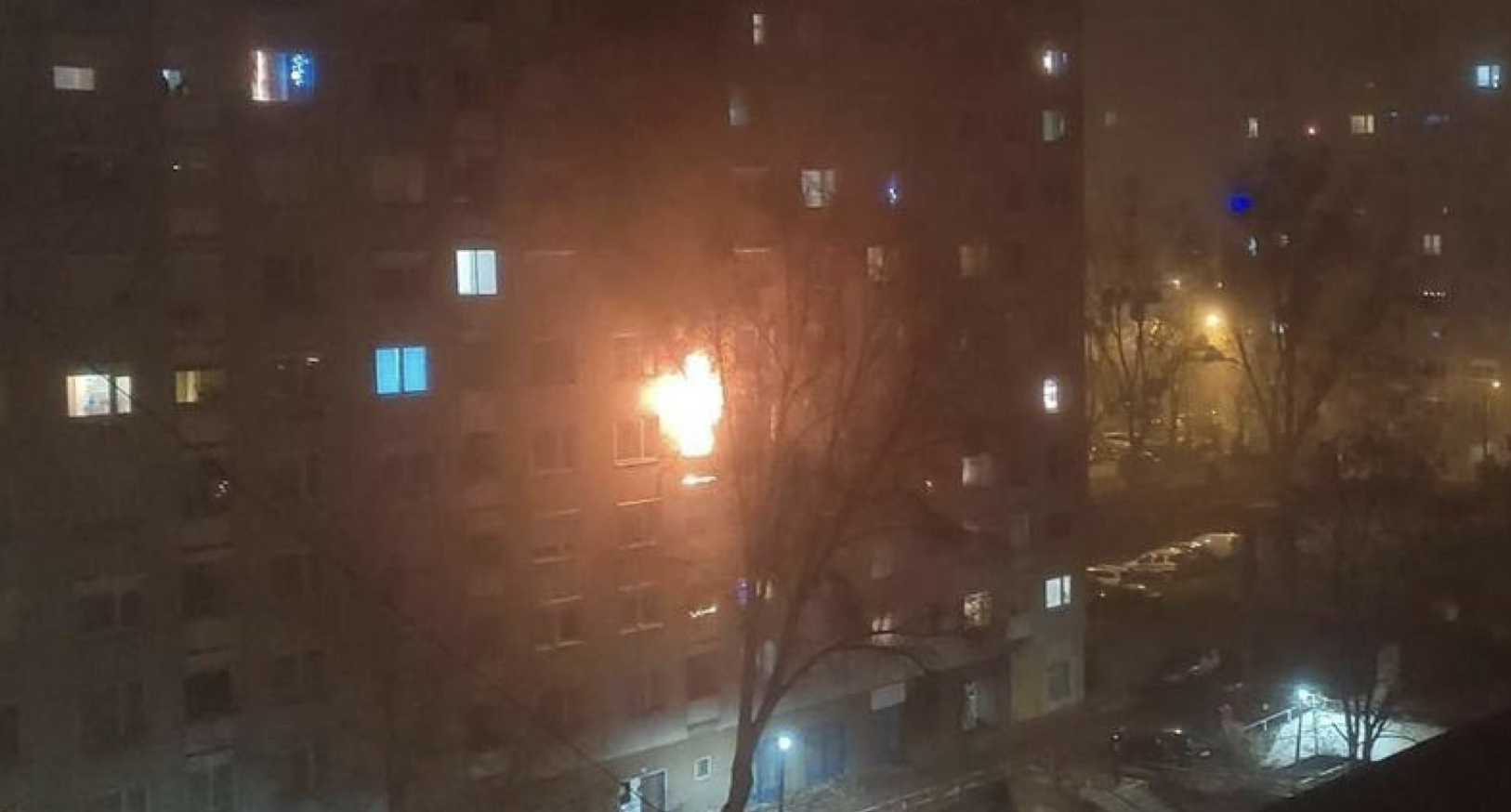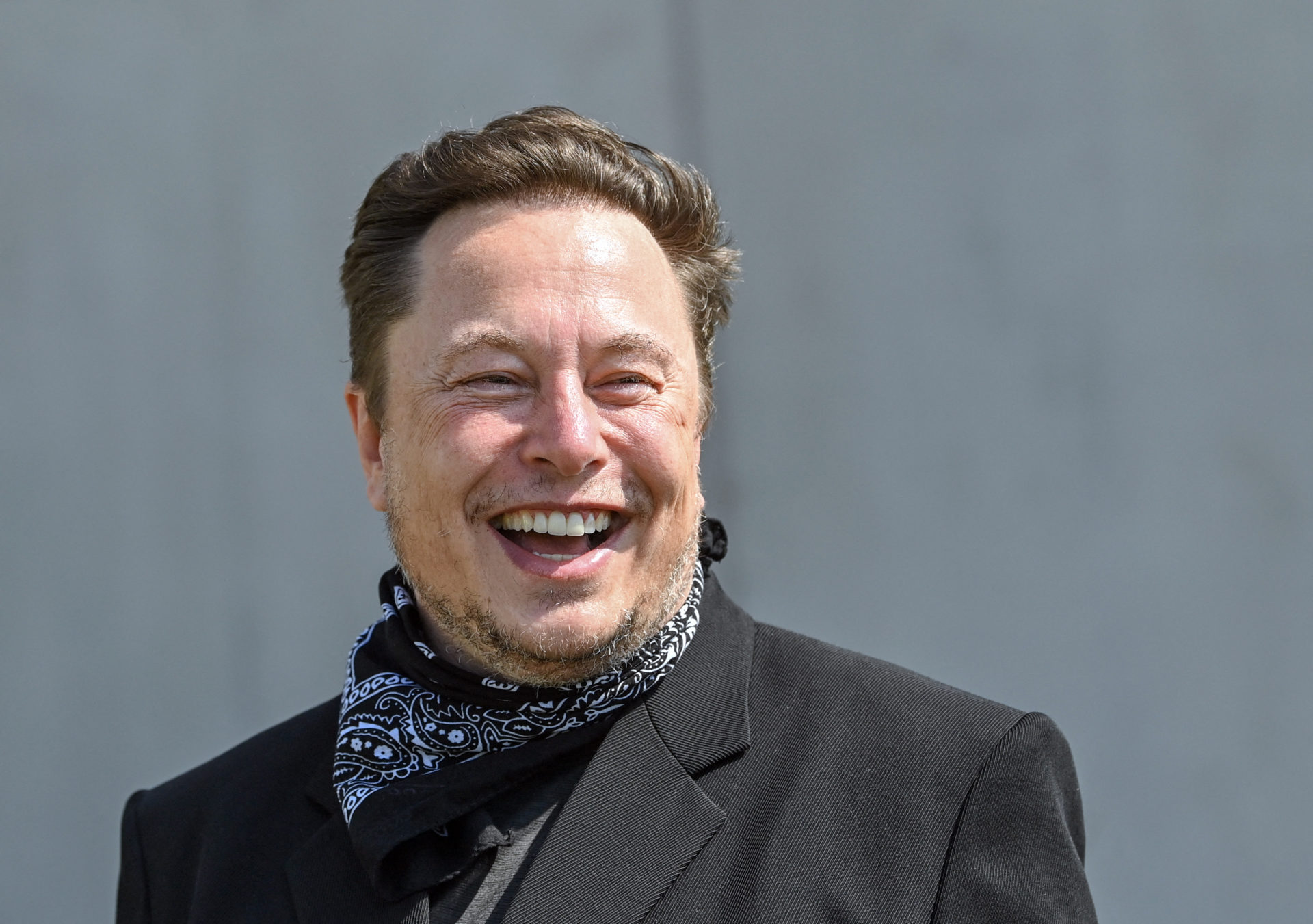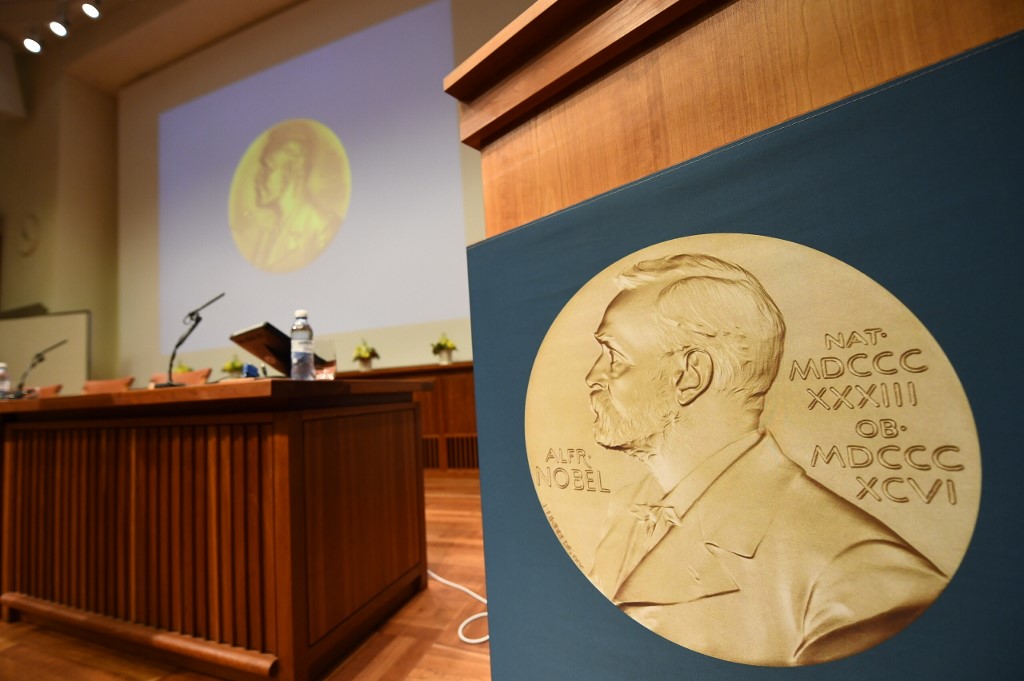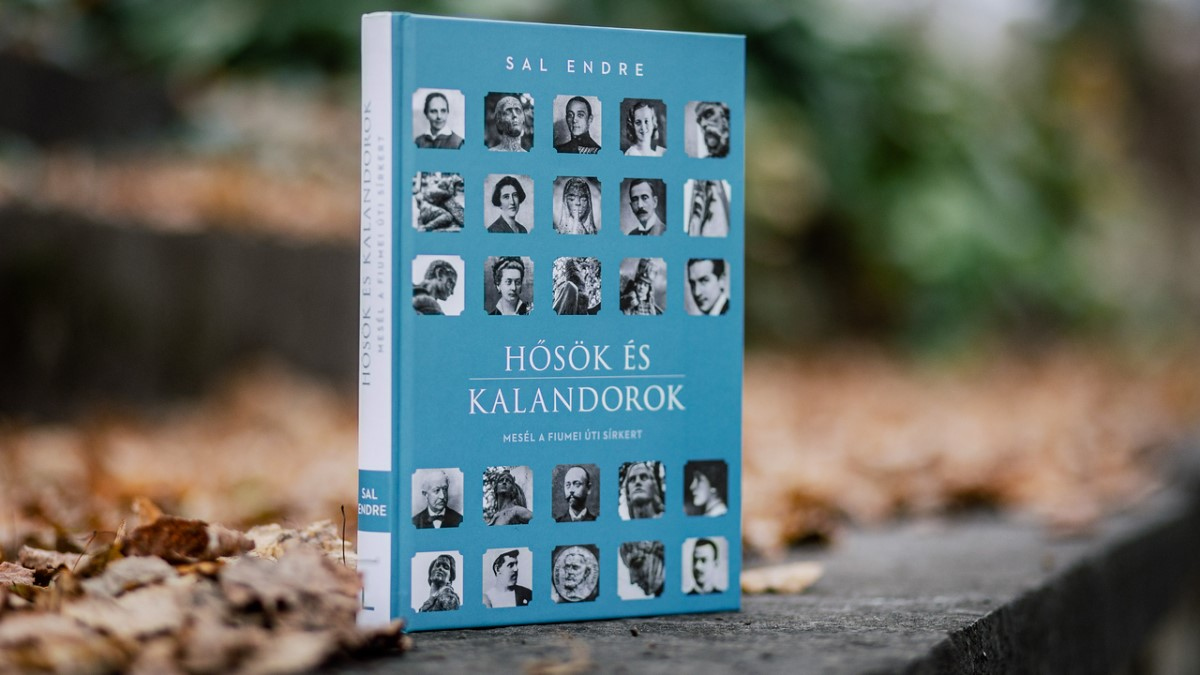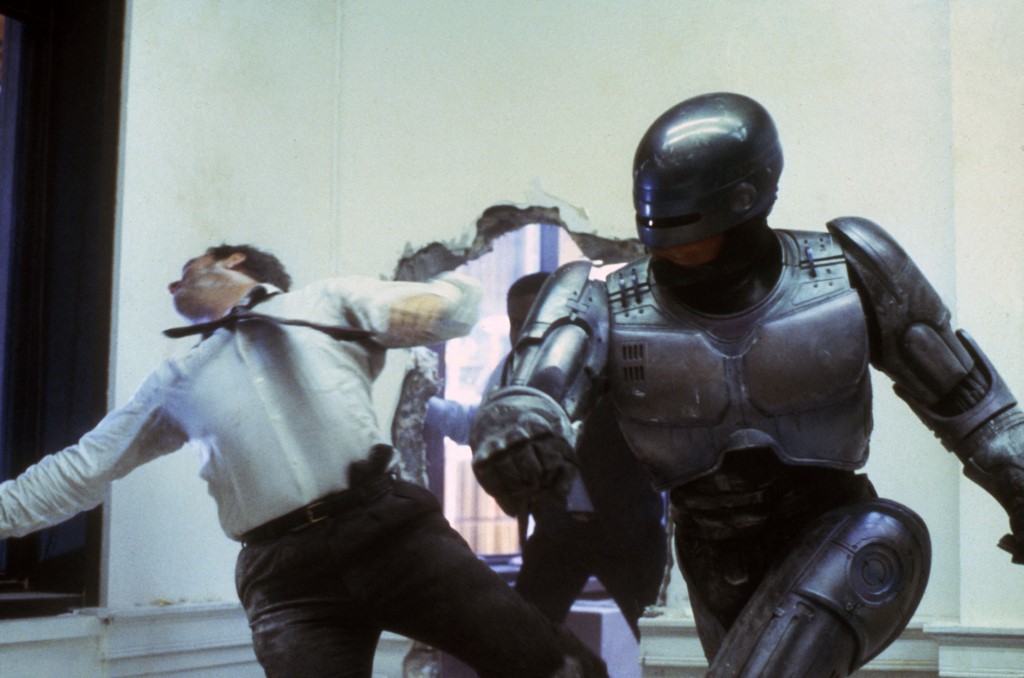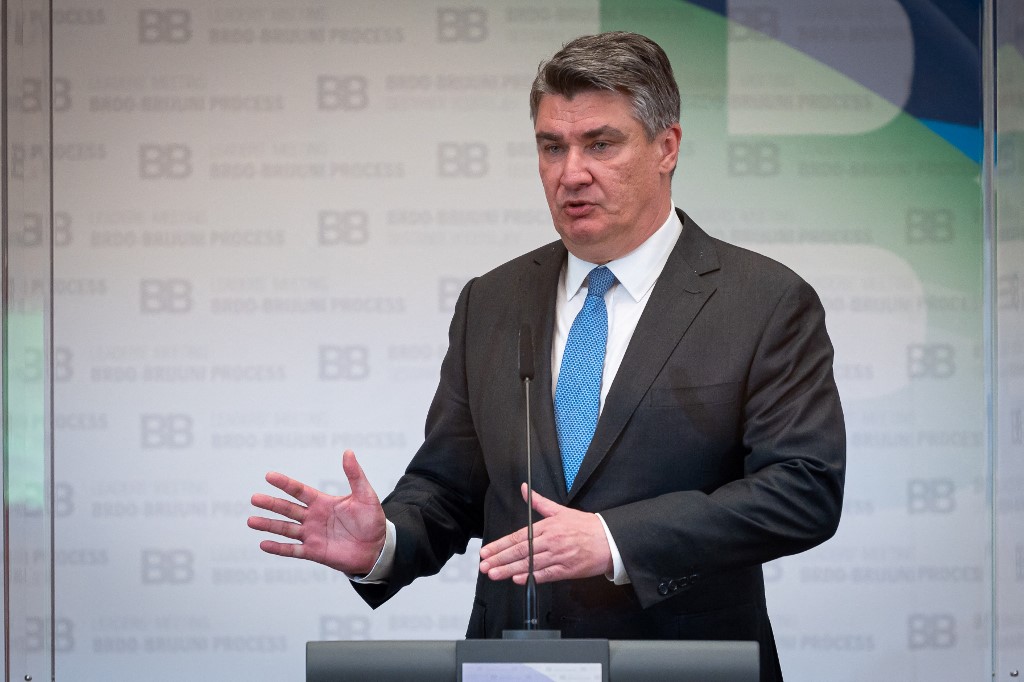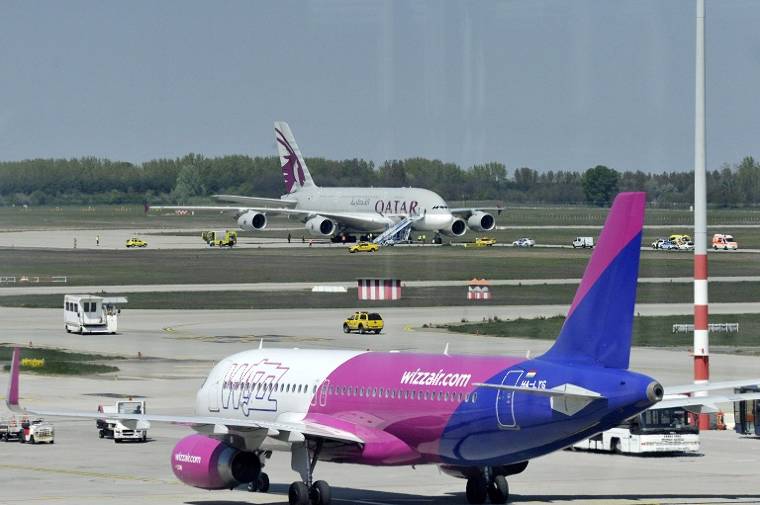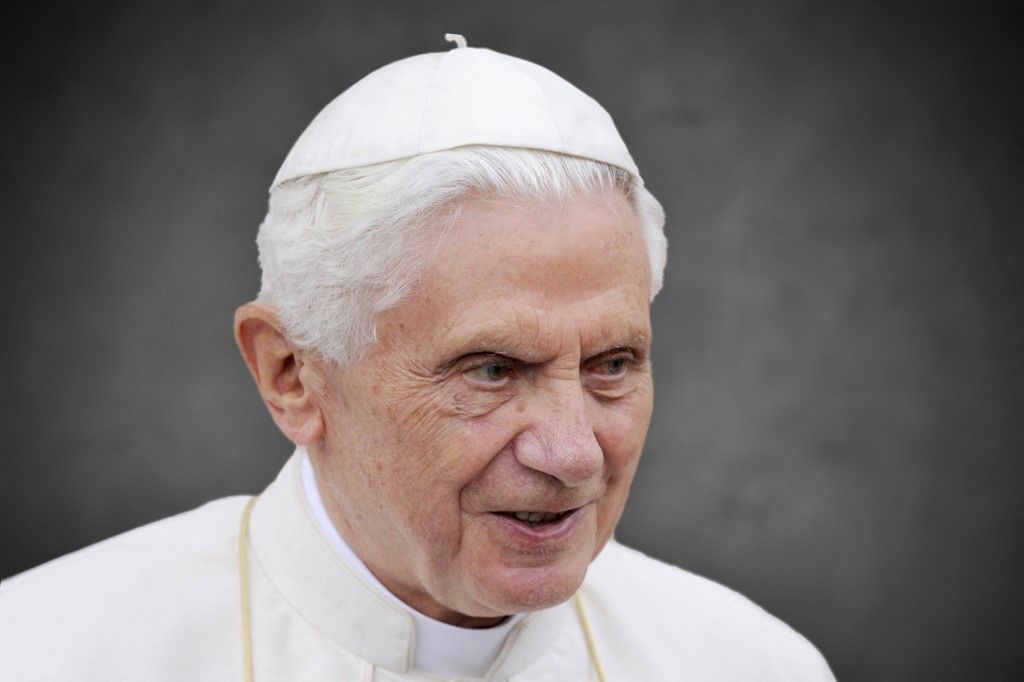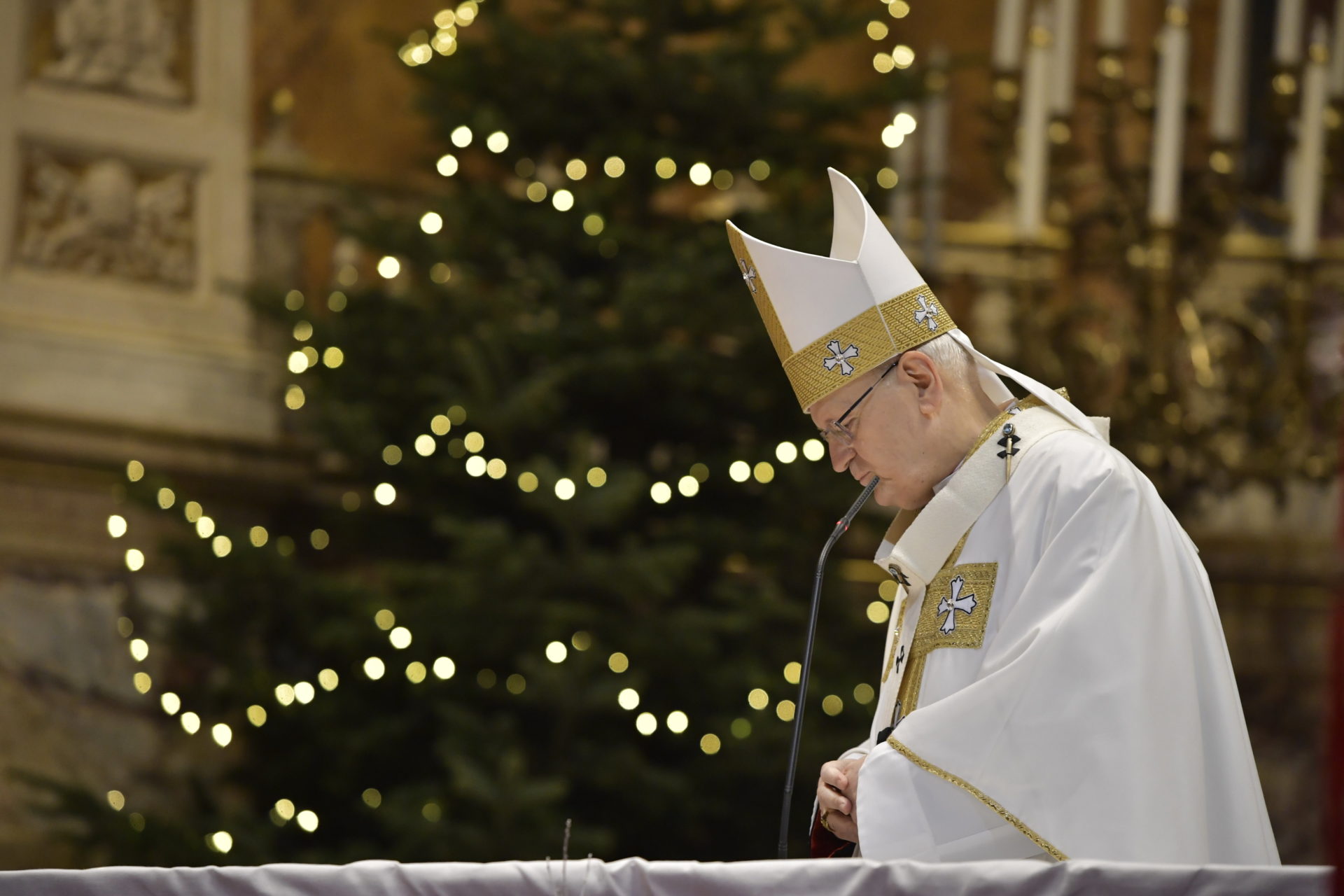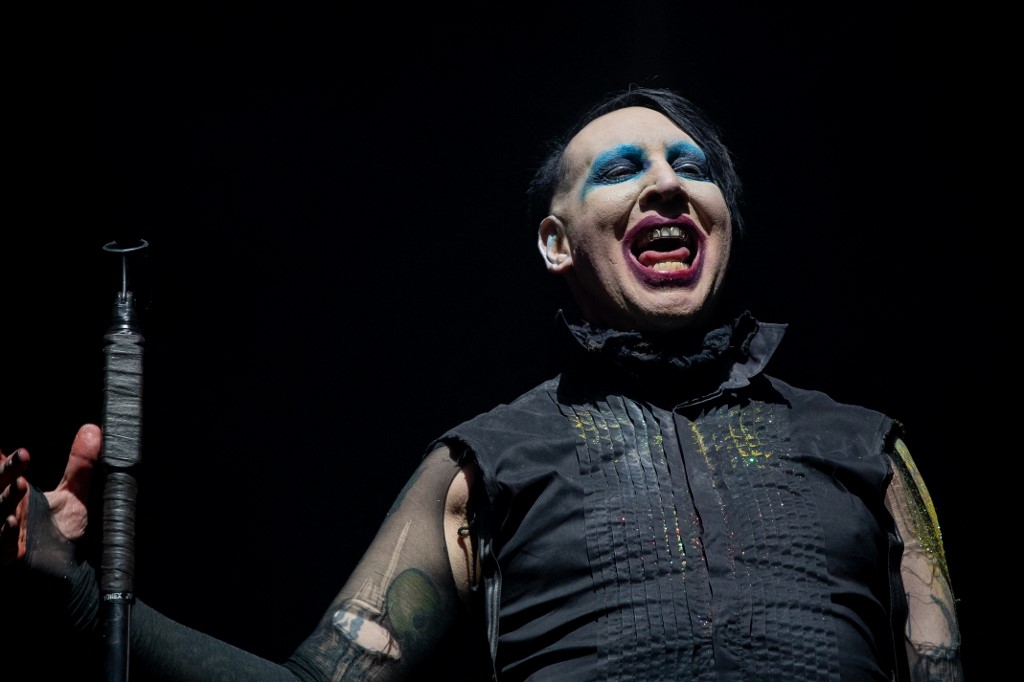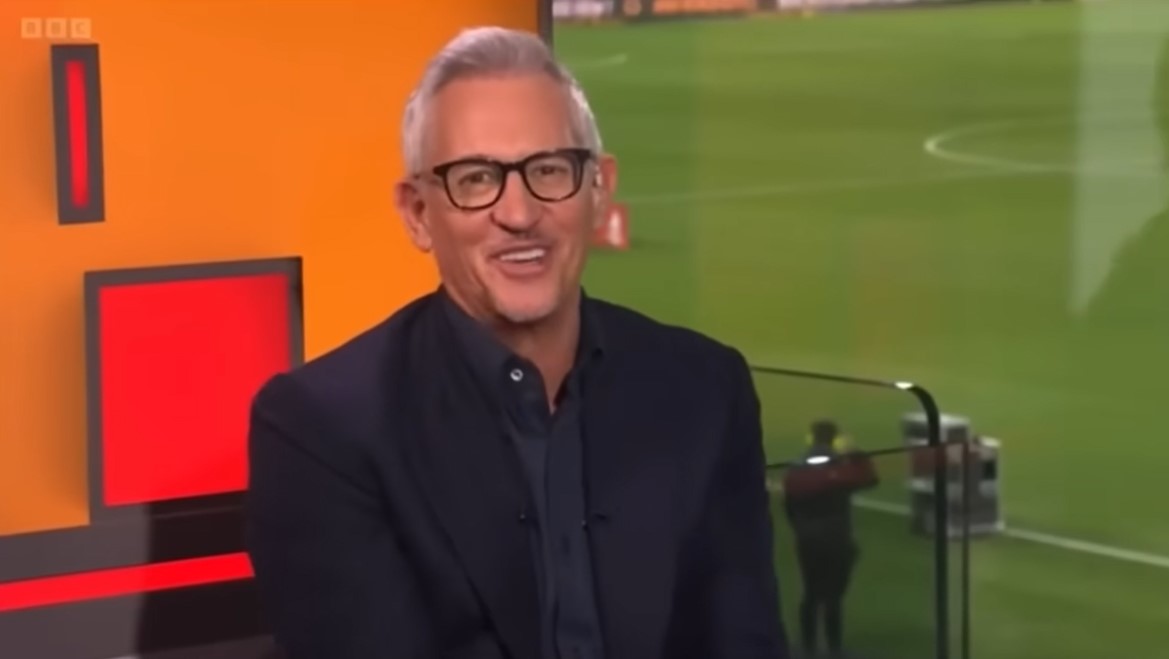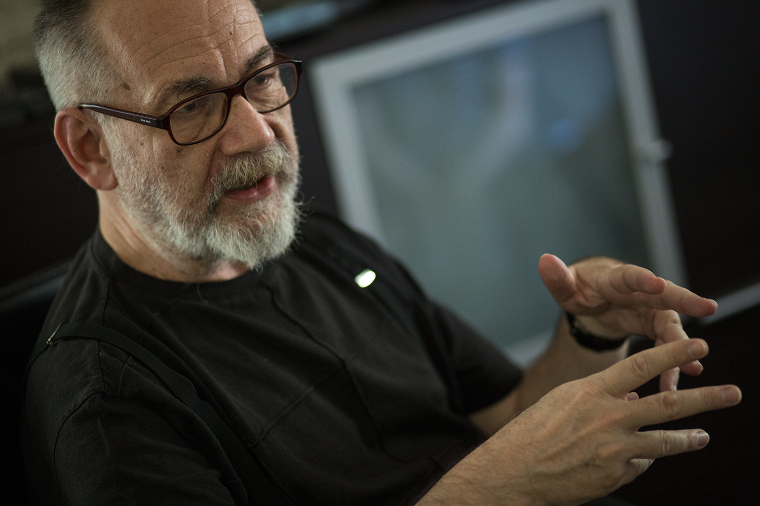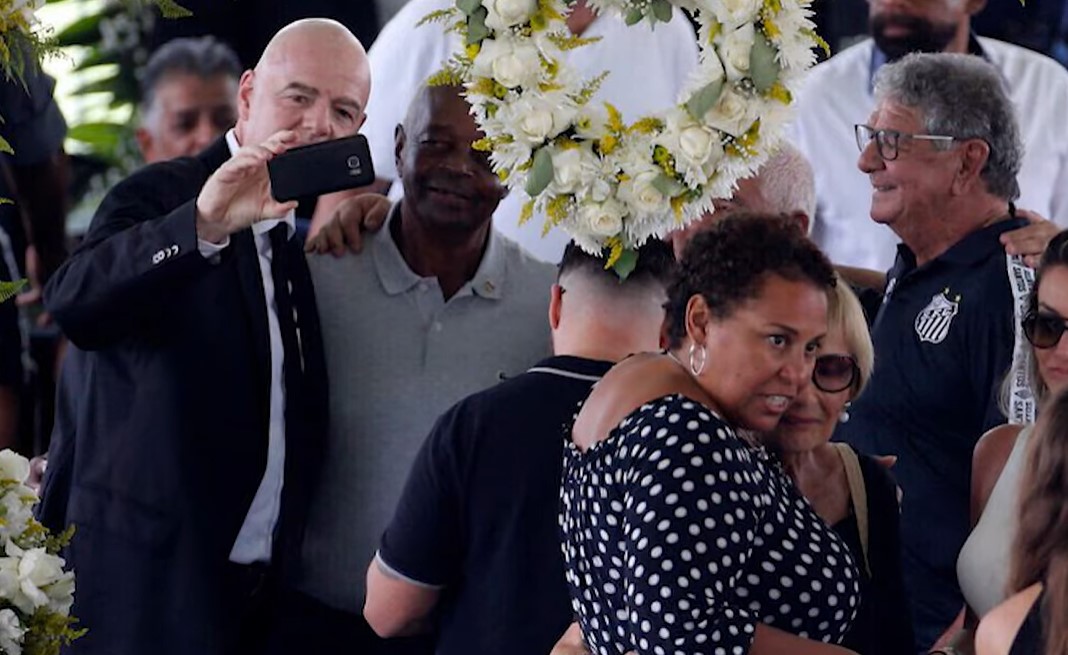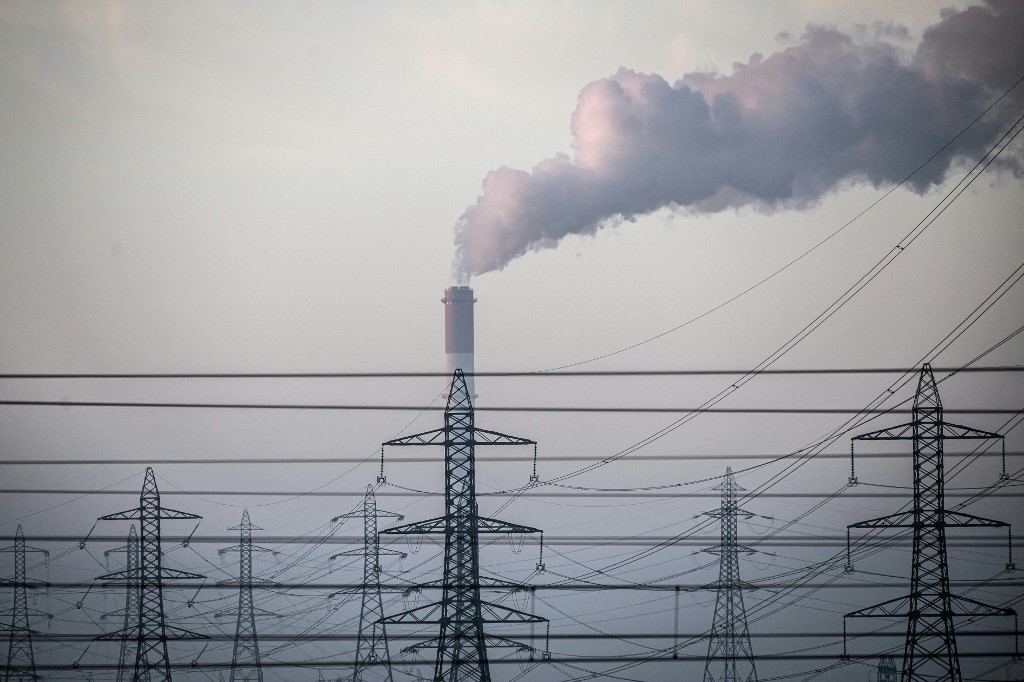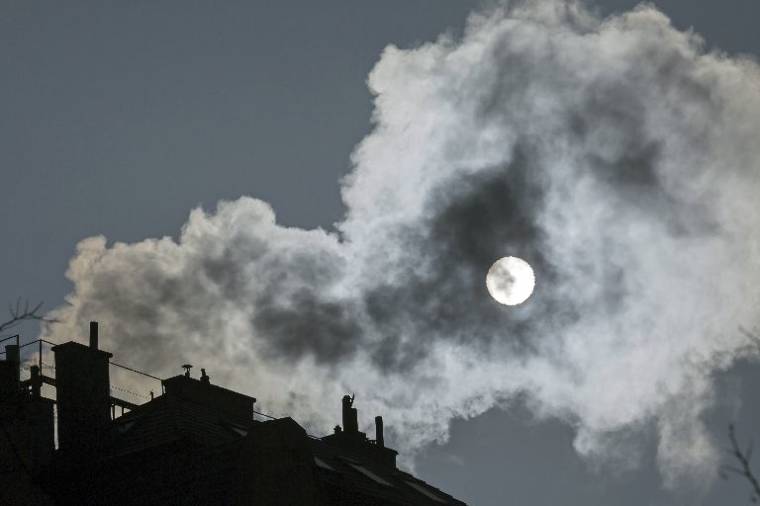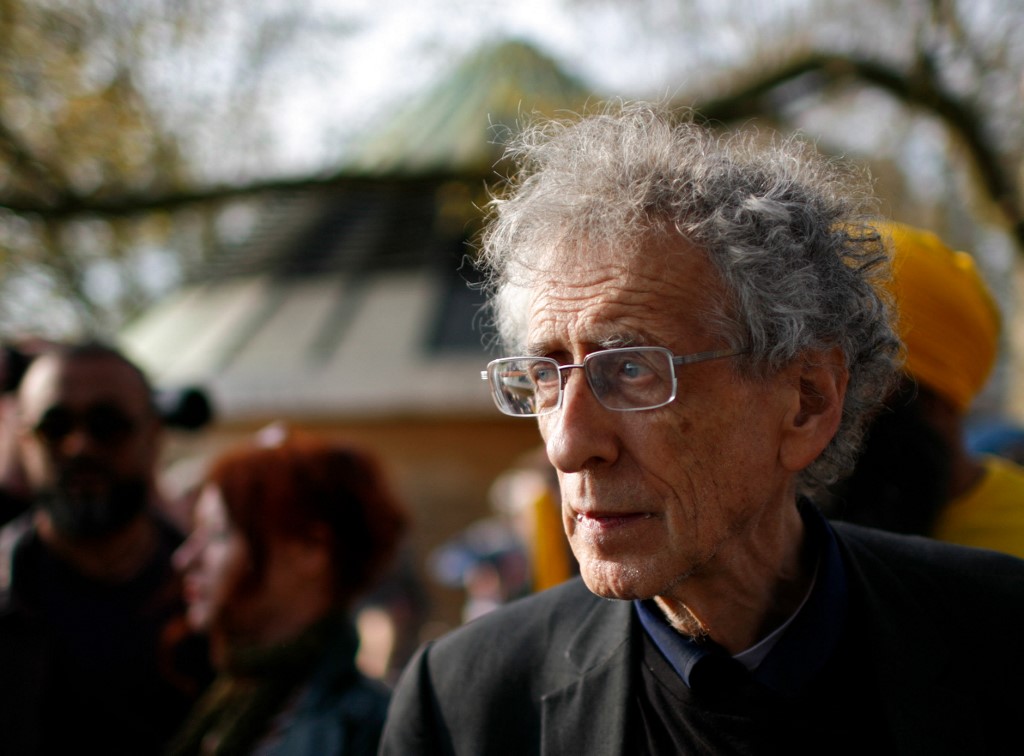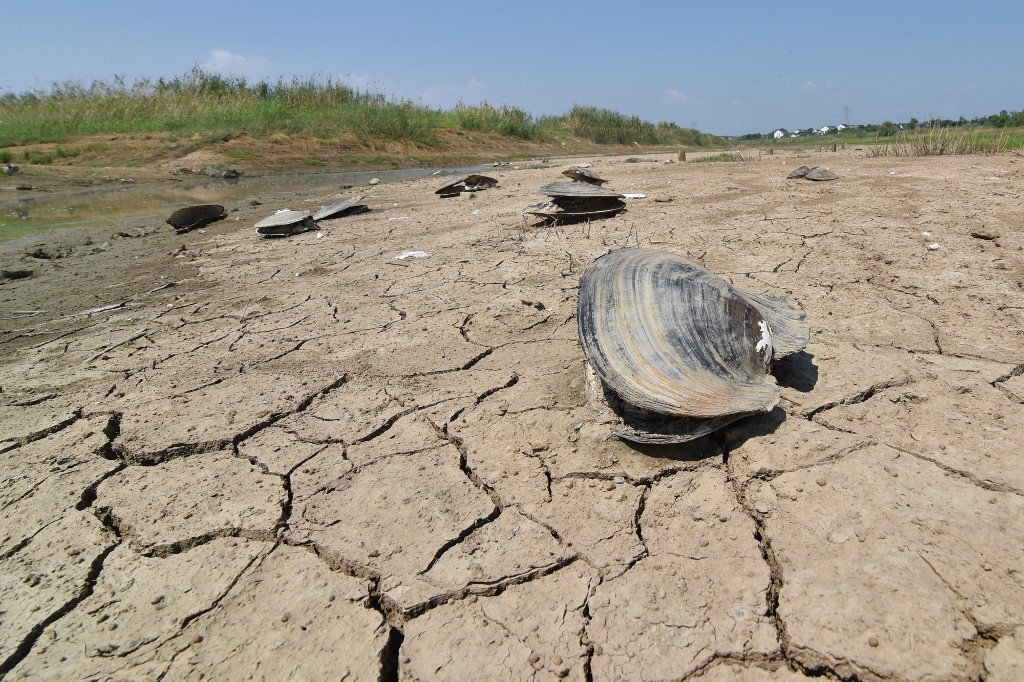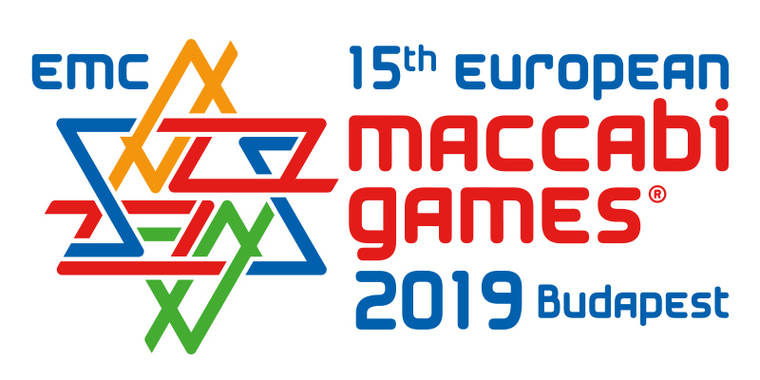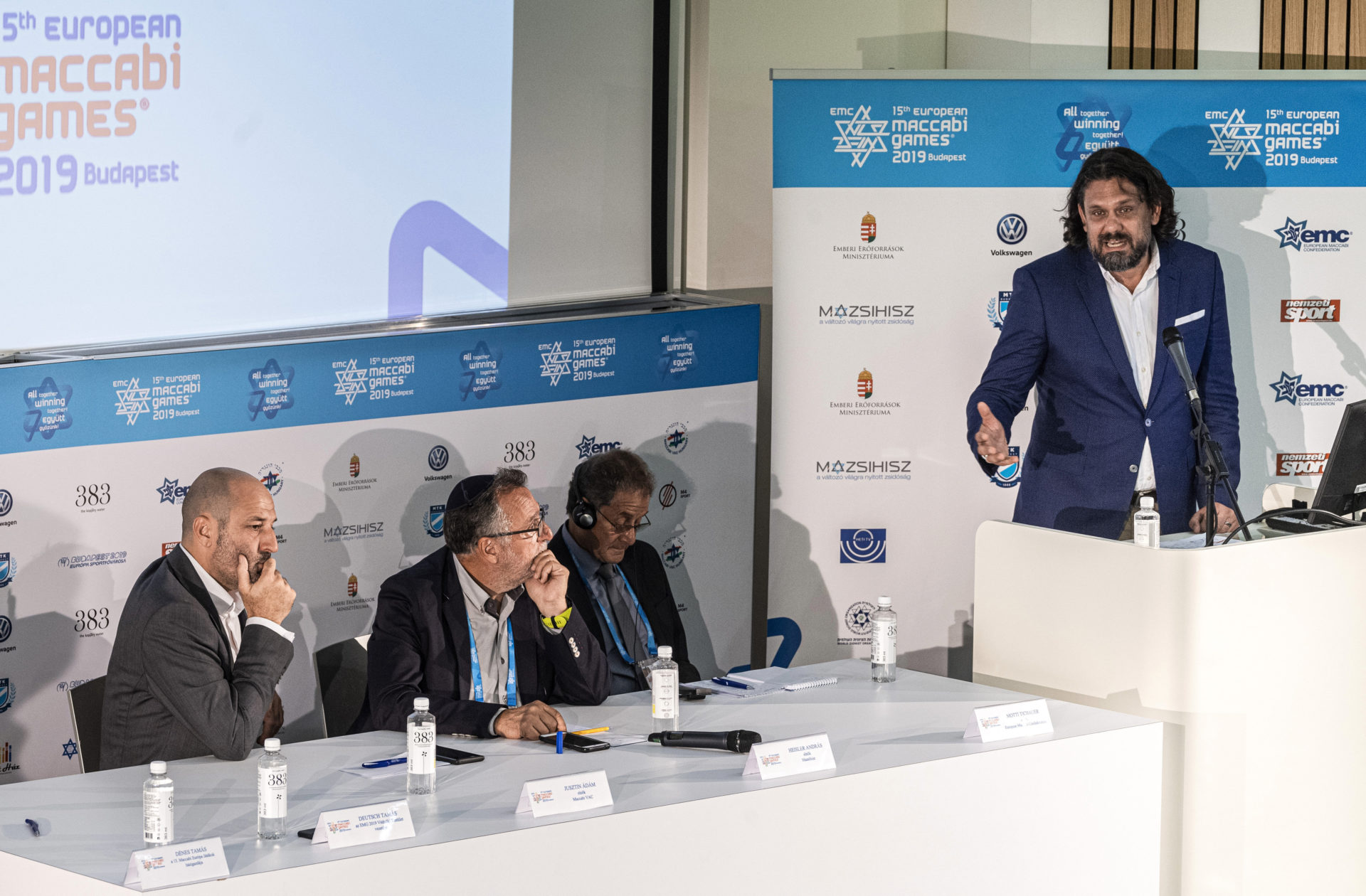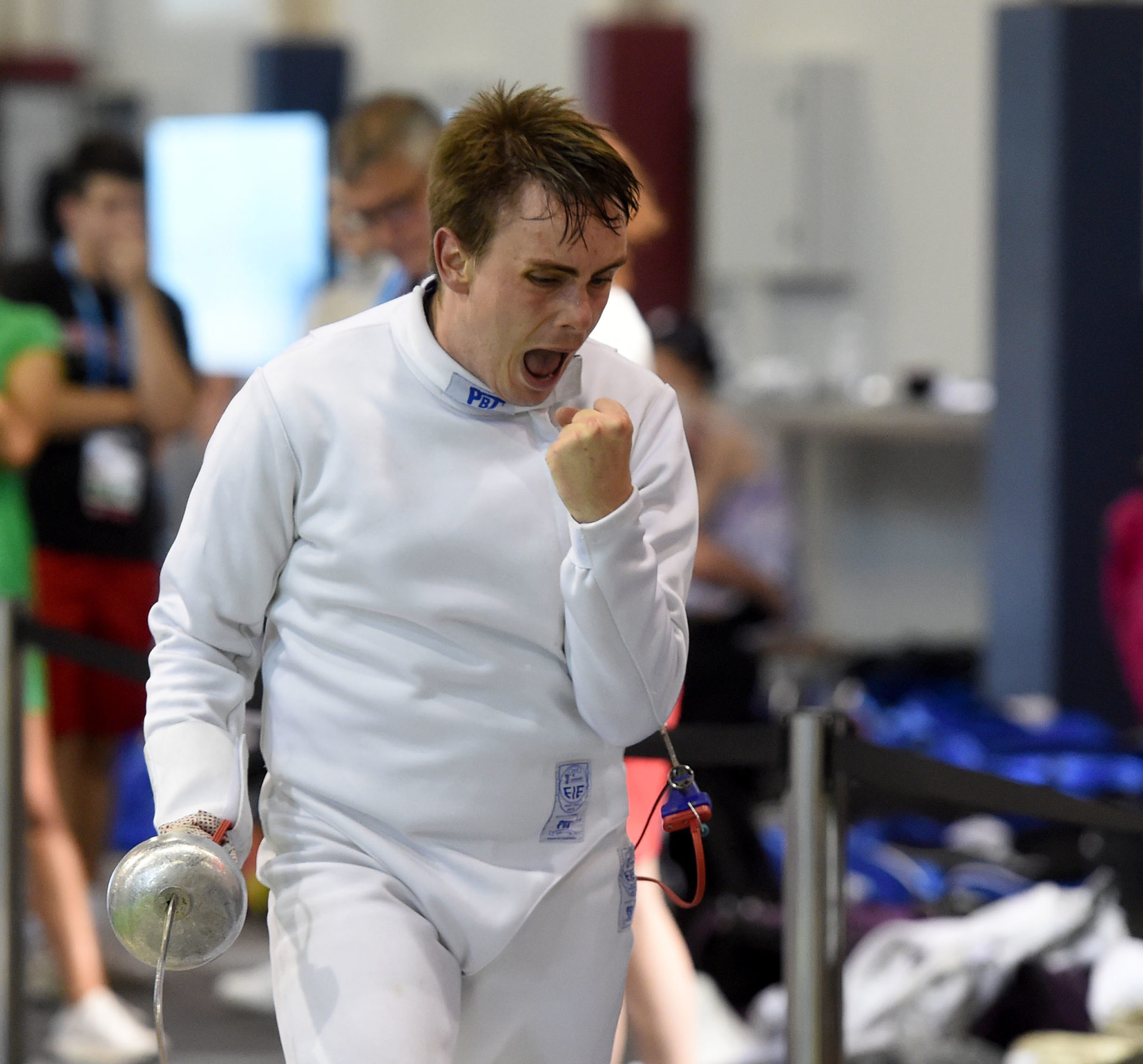Orbán or Macron - two extraordinarily different visions for Europe
2018.11.05. 13:49
With the elections of the European Parliament approaching swiftly, it has become clear who the main belligerents are regarding the fight for Europe. It was during the meeting in Milan - with Italian interior minister Matteo Salvini - that Orbán asserted: their adversaries are „the Macrons of Europe.”
But what were the key differences that triggered the prime minister of Hungary to make this assertion?
Viktor Orbán’s policies need no detailed explanation. We have already established in our previous article that his main agenda is to protect the sovereignty of Hungary.
Instead of opting for the irresponsible acceptance of immigrants – justified with a naive sense of tolerance and equality -, he decided to build a fence along the border with Serbia. Thus he managed to protect the country from terrorist attacks. Also worth noting is the fact that Hungary’s economy was spared from having to spend millions in benefits to migrants. It seems that integration is not coming along anyway, no matter how much money is pumped into it. Germany and Sweden both can testify to this.
So with the migrant crisis evaded, Hungary can spend all this money to strengthen families – similarly to Poland and Italy.
However, the migration crisis changed the game
Orbán realized that the classic duality of left wing, right wing politics will no longer apply after 2015, and the major fault line will stand between the anti-immigration, pro-sovereignty nationalist forces, and the globalist political elite preaching unity, solidarity and equality.
For years now, Orbán has consistently stood for the sovereignty of nation states and the acknowledgement of our Judeo-Christian values. Successfully, we might add, considering the past results of the Hungarian national elections.
Emmanuel Macron came to a similar realization as Orbán, when he was elected president of France, though for different reasons. Hollande’s unsuccessful presidency and Fillon’s corruption scandal opened up the gate of opportunity for Macron. He managed to overturn the decade long dominance of France’s two main political parties, and establish a government with considerable support from the voters. No wonder that he was hailed as the new poster boy for liberalism.
Macron, however, found himself in a very hard situation: he rejected the nationalist stance, and instead campaigned with a pro-EU platform. He did so in hope of strengthening the ties between France and Germany. His main promise was to eliminate "the forces of division that undermine France”, and strengthen the supra-national European Union but he soon found out that this was no small endeavour.
First of all, his pro-EU campaign may have worked on home soil, but things got really complicated really quick – after all, the EU is in a major crisis, one which Macron can’t fix so far.
For instance, he has been incapable of tackling immigration – one of the most important issues of our time. It turned out that the French president excelled in hypocrisy when it was revealed that the French authorities secretly smuggle the illegal immigrants back to Italy.
Not only that, but his most important European ally, German Chancellor Angela Merkel just announced that she will retire soon. Macron has been the advocate of pushing back the so called populists with „more Europe”. However, with Merkel waving goodbye to politics, Macron is on the verge of losing his strongest ally.
In terms of foreign policy then, it is safe to say that Macron is failing. So what about the state of affairs in France?
Well, his presidency is characterised predominantly by instability. Gerard Collomb, one of Macron’s most trusted political ally and the former interior minister resigned in October. Nicolas Hulot, the minister of ecology (and the most popular member of Macron’s government) decided to walk away just weeks before Collomb.
Most of Macron’s intended reforms turned out to be catastrophic. All he managed to do so far was to alienate the working class and the labour unions, resulting in huge protests across France.
Back in 2017, he could lure voters away from the both the Republicans, and the Socialist Party. As it turned out however, governing a country is a lot more difficult than winning an election. He has shown disingenuousness in handling immigration, and the economic boom is nowhere to be found. Regarding the former, he keeps disenchanting conservative voters, while the latter disappoints left-leaning citizens.
It is not surprising then that Macron’s approval ratings have hit an all-time low. In the latest opinion poll, 71 percent of French stated that they have no confidence in their president. His party, En Marché, polled at only 19 percent – which means Marine Le Pen is ahead of the French president in EU election polling. Macron is doing so bad that he was even advised to take a three-day break. Not exactly a good sign.
Given all this, it is only fair to ask if it is wise to entrust Emmanuel Macron with having more control over the European Union. After all, he is not very successful at leading his own country. So why on earth would he be good at leading a bloc of 27 countries?
